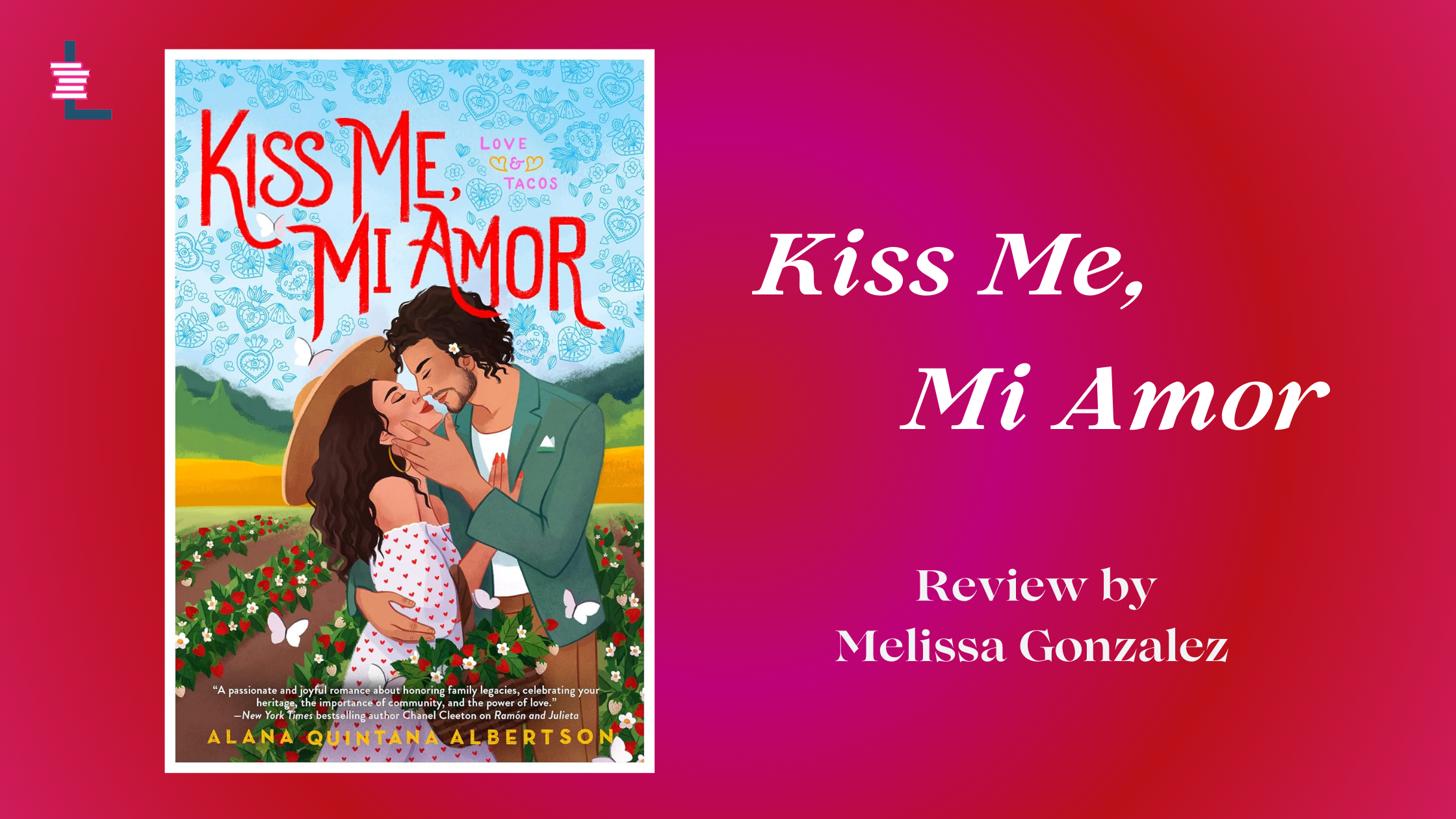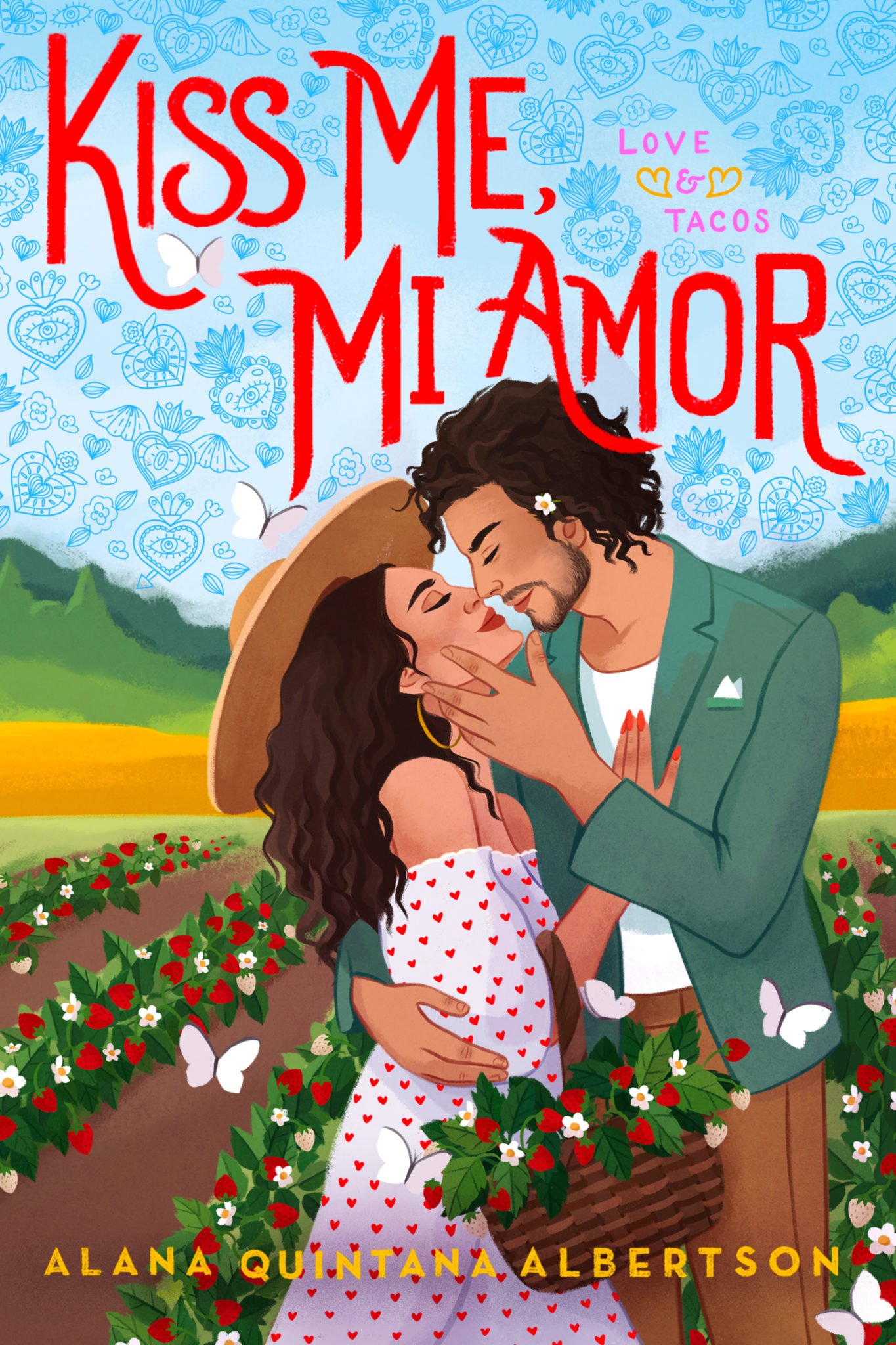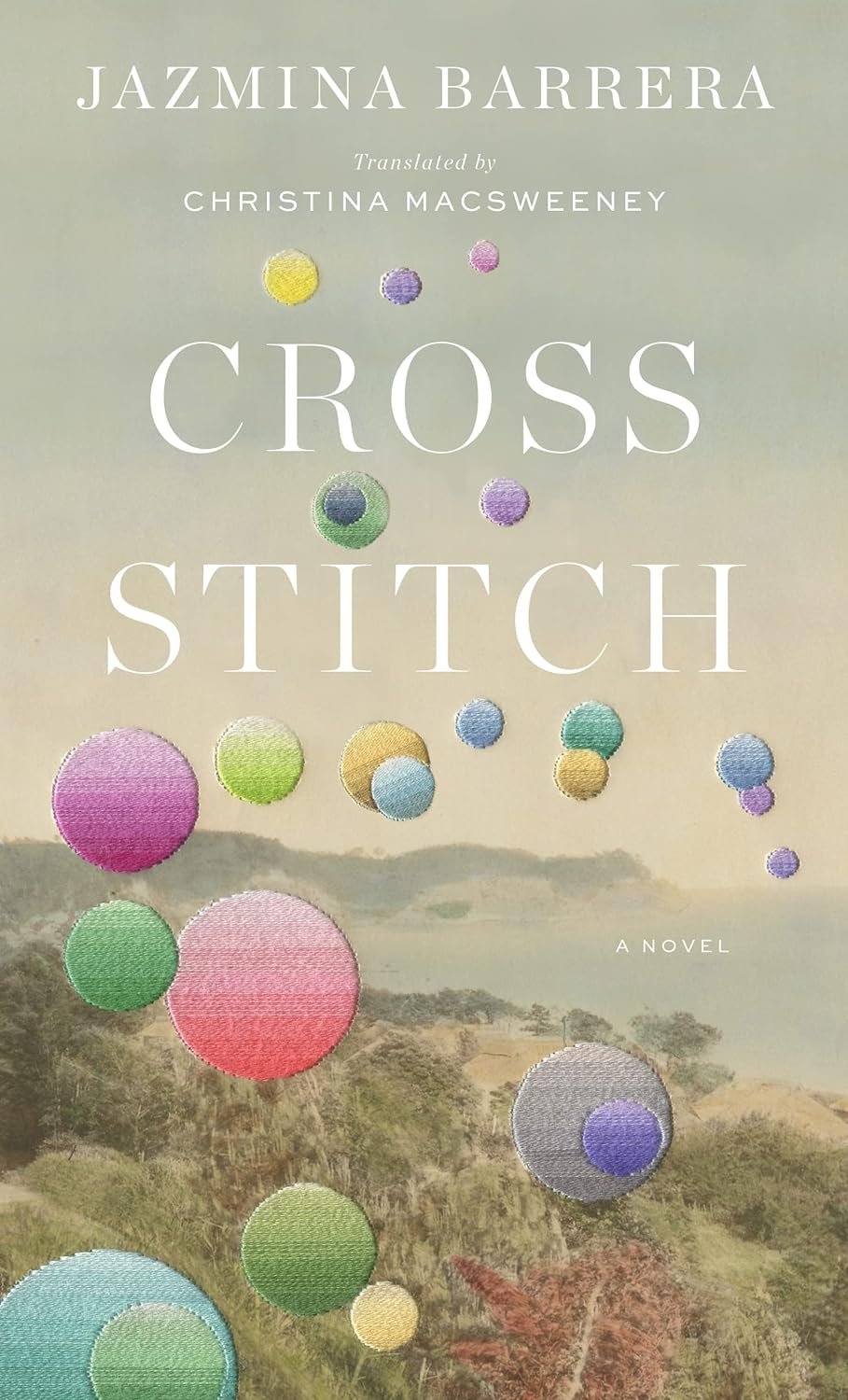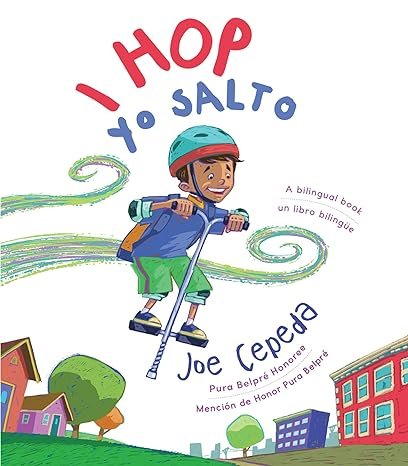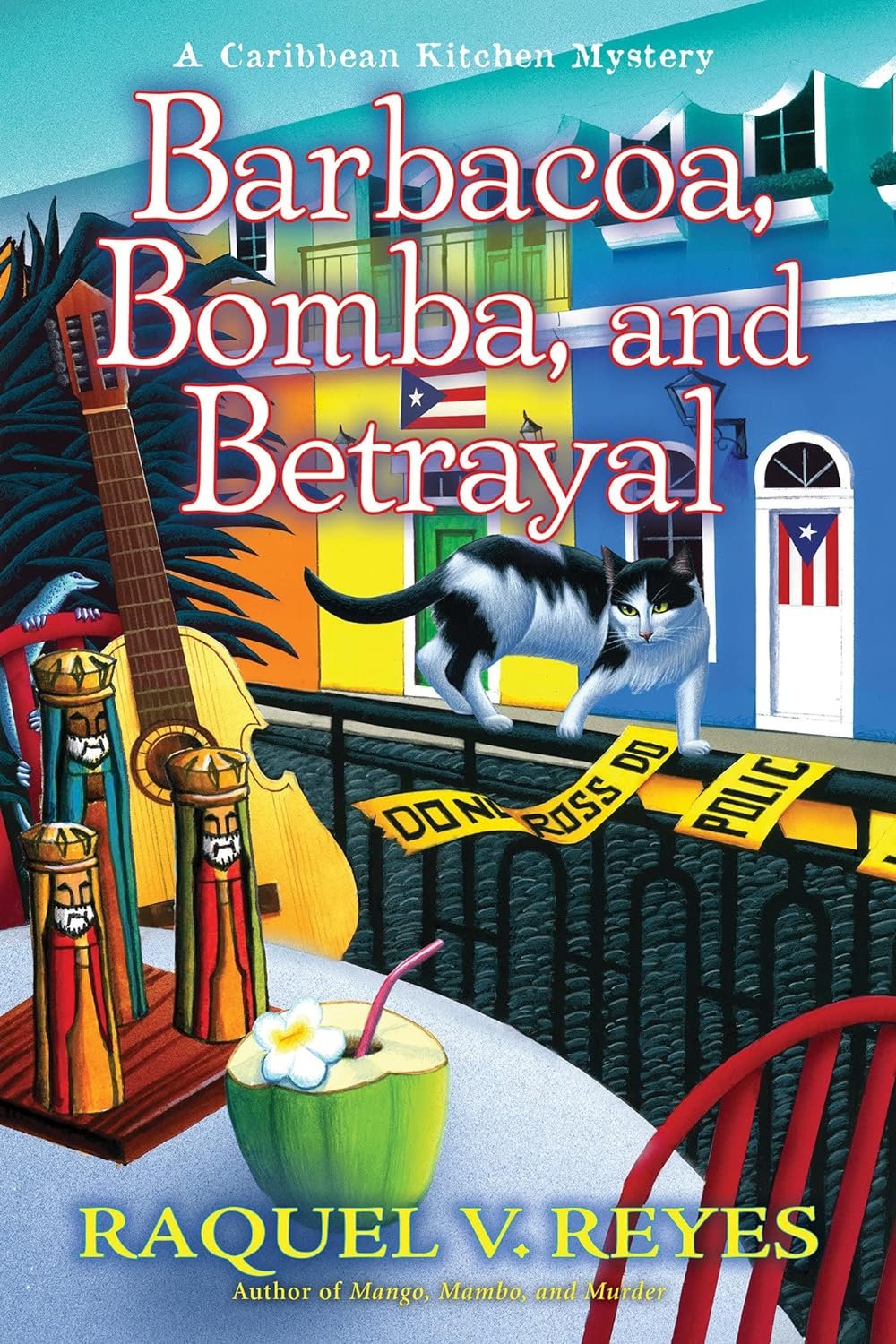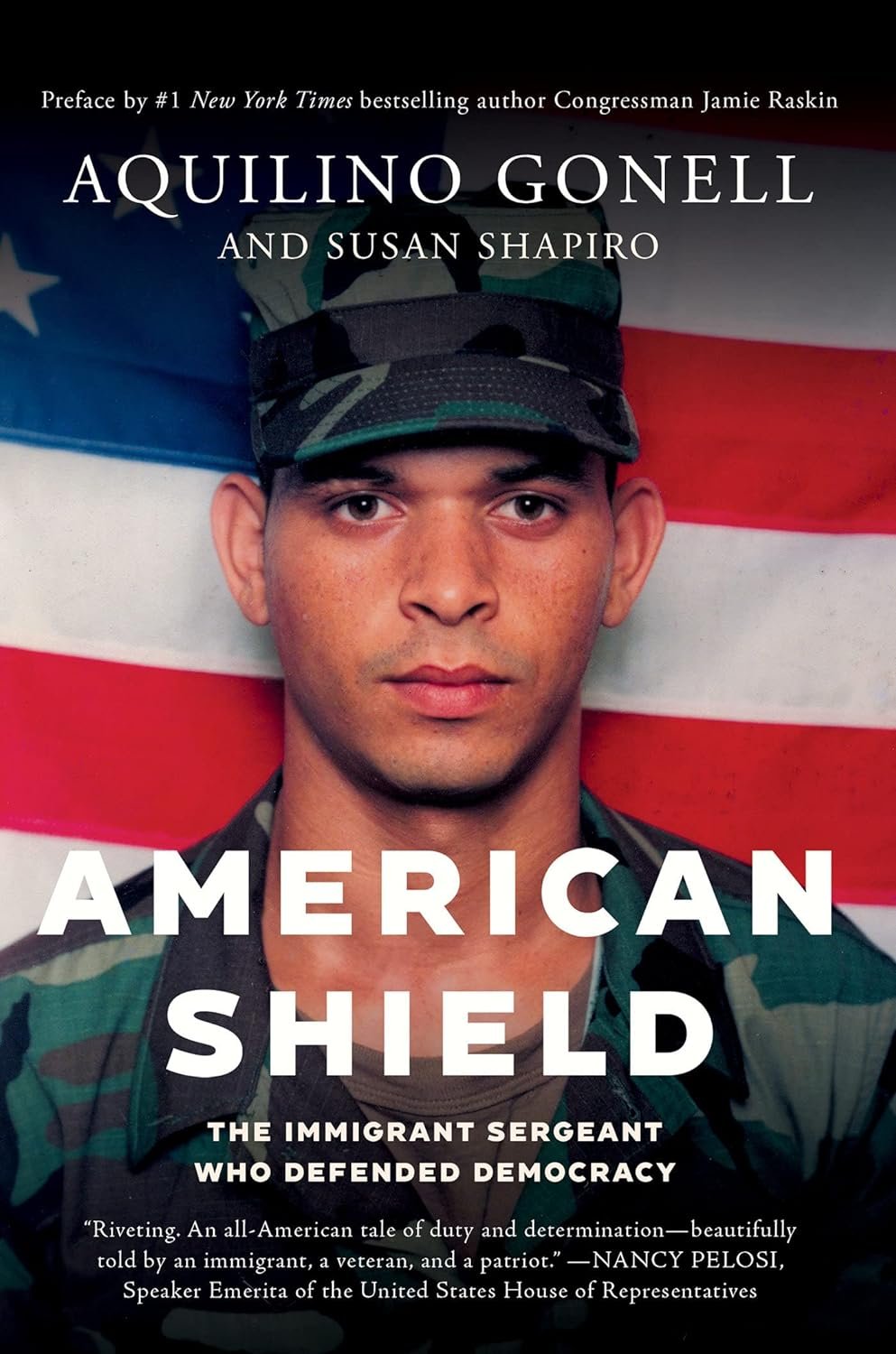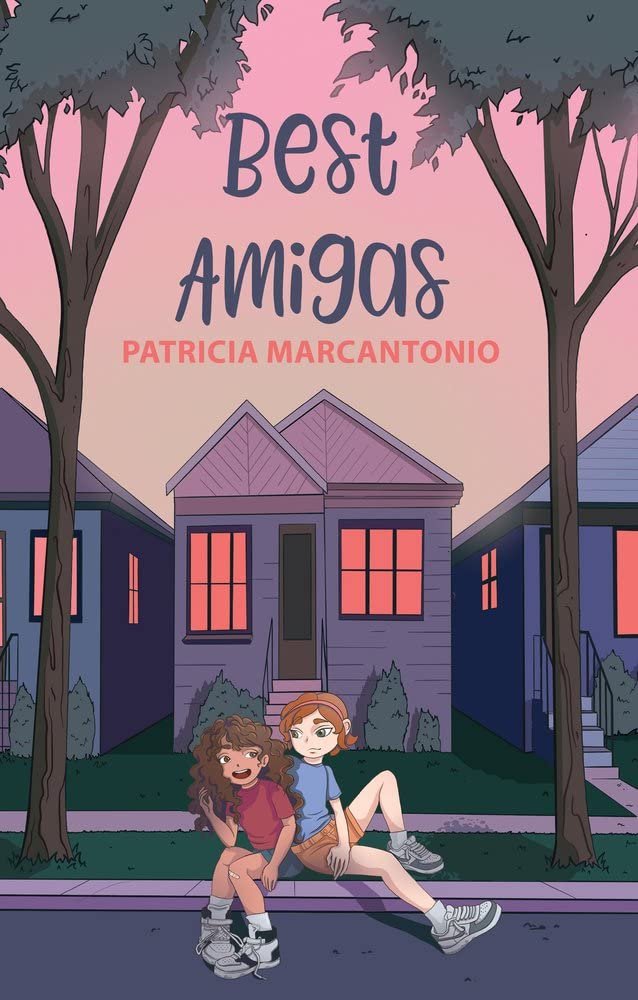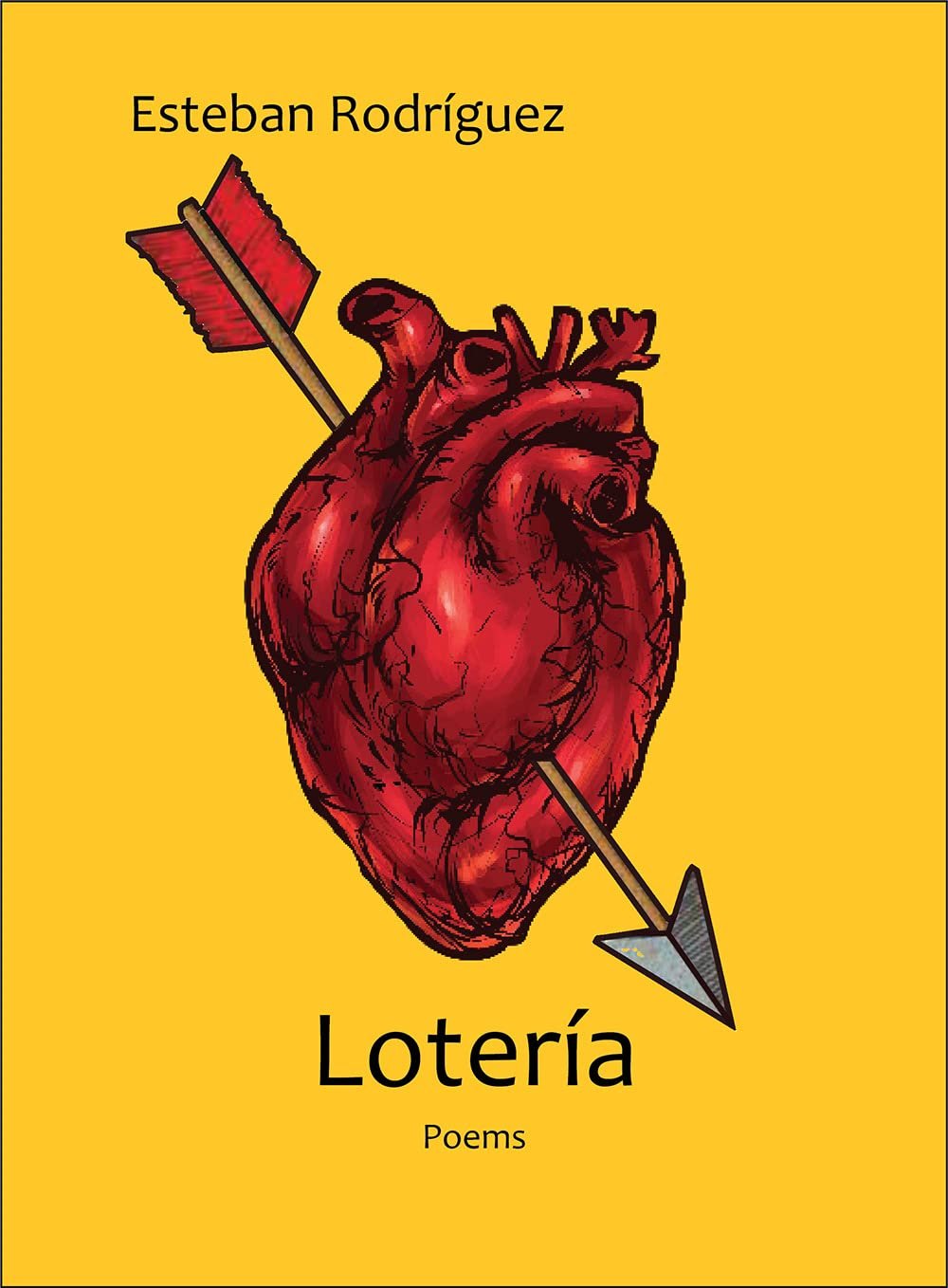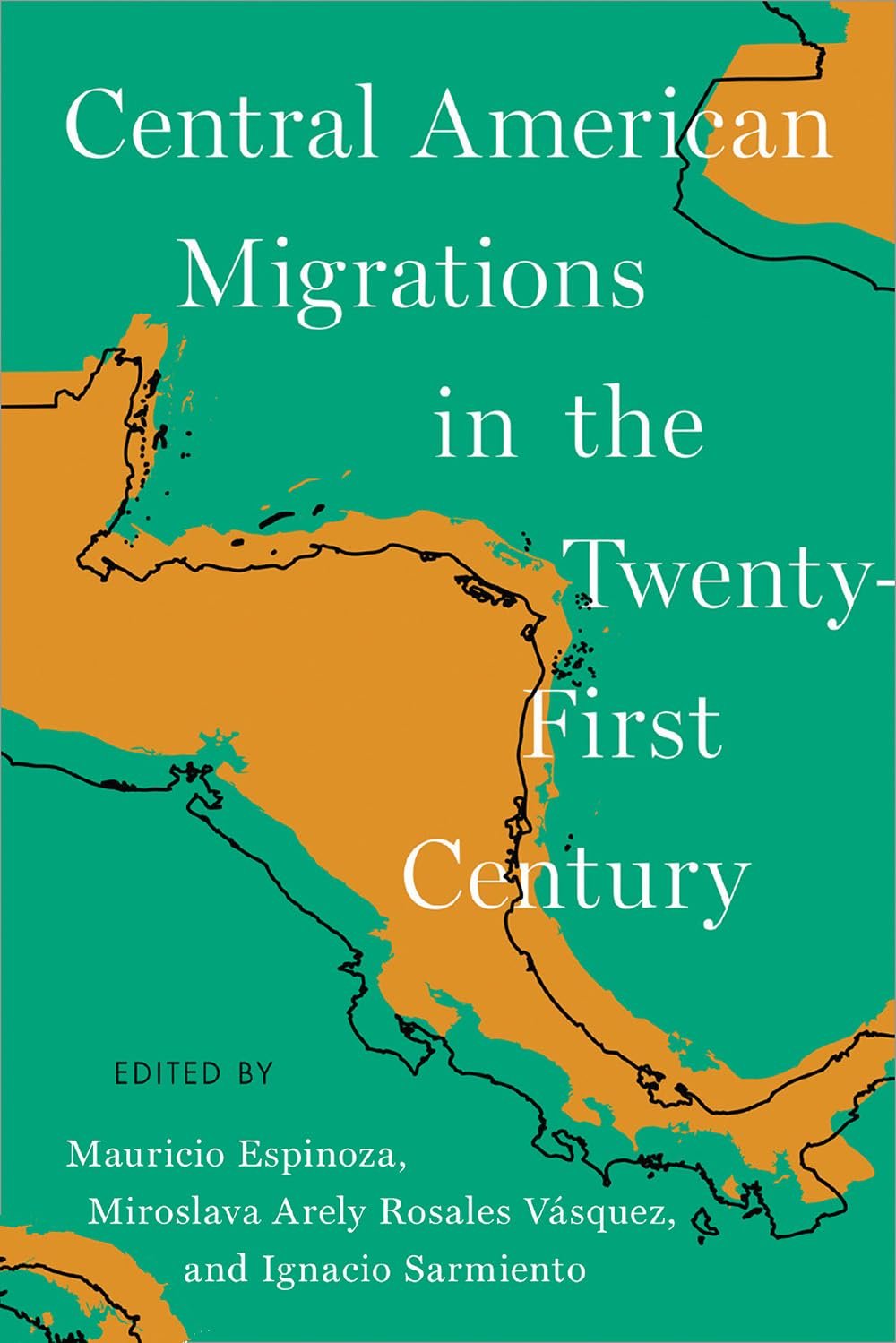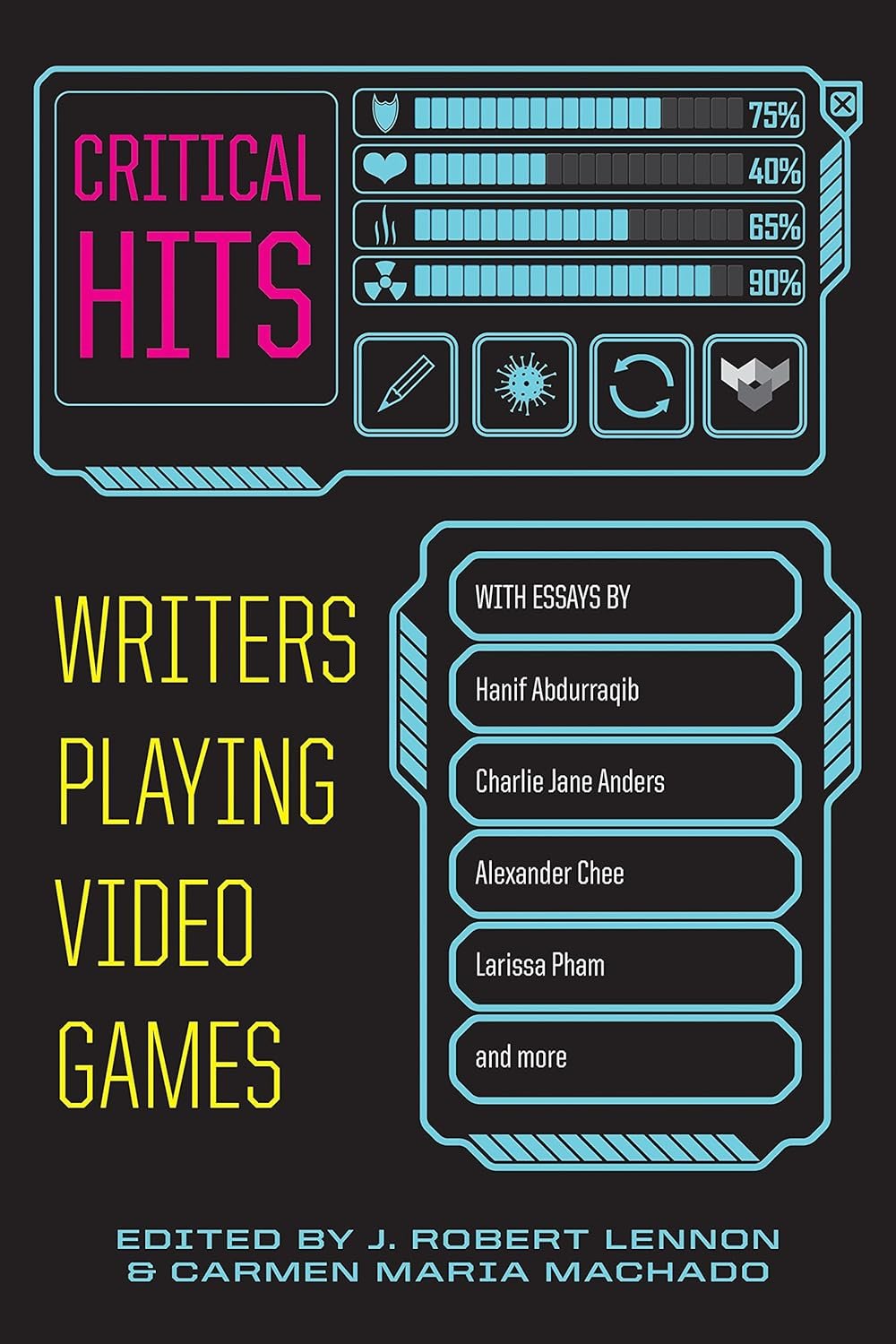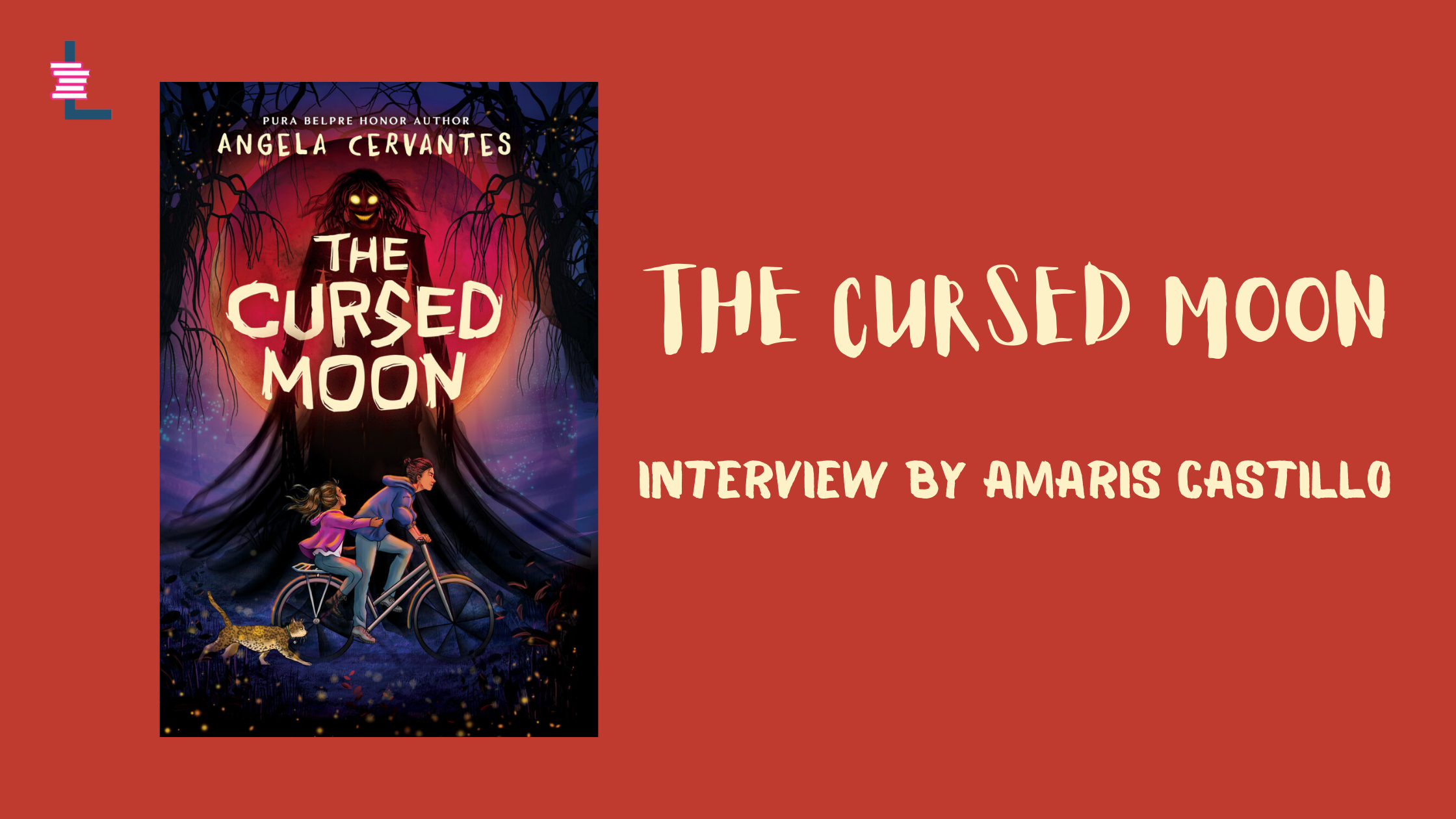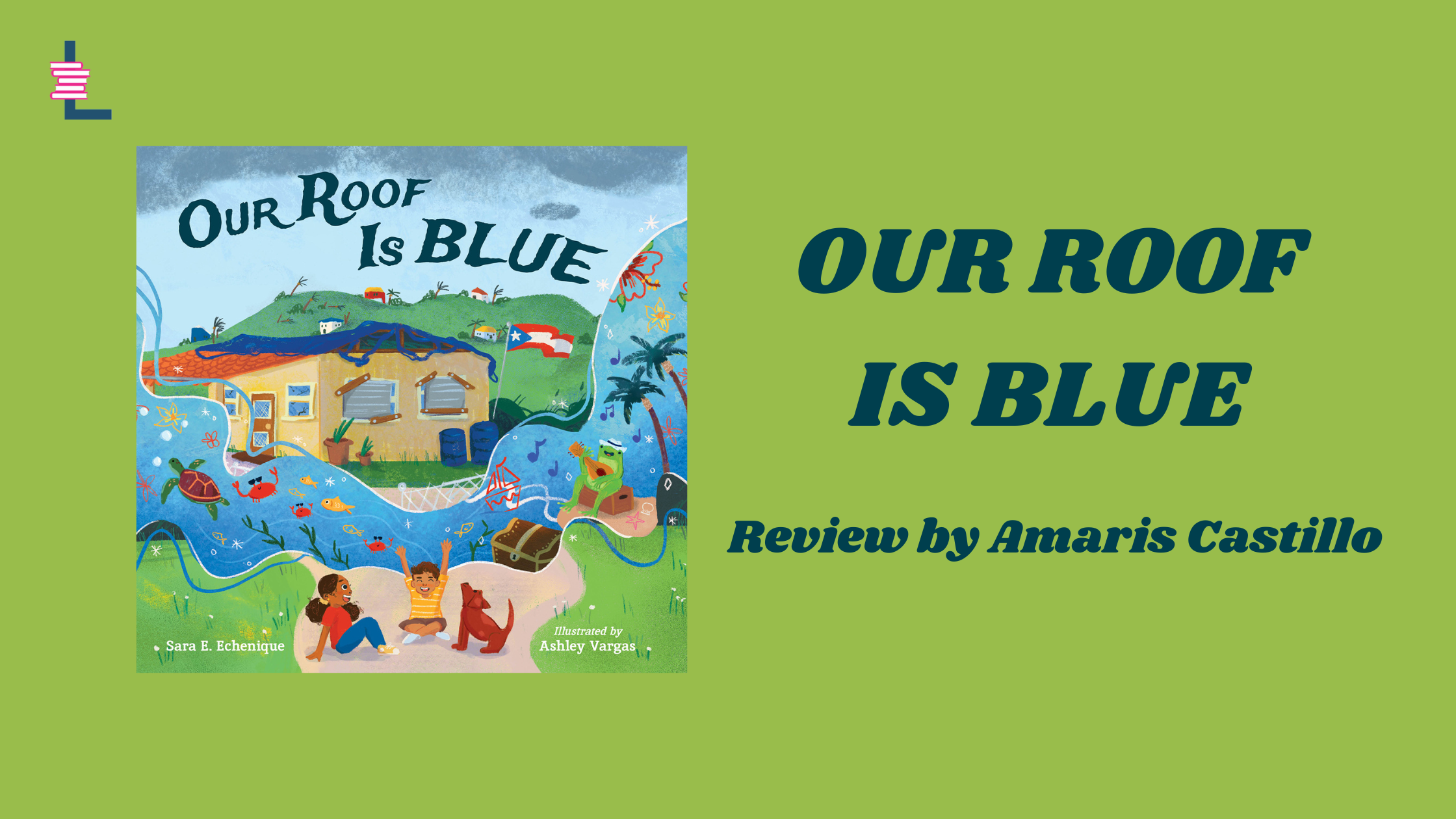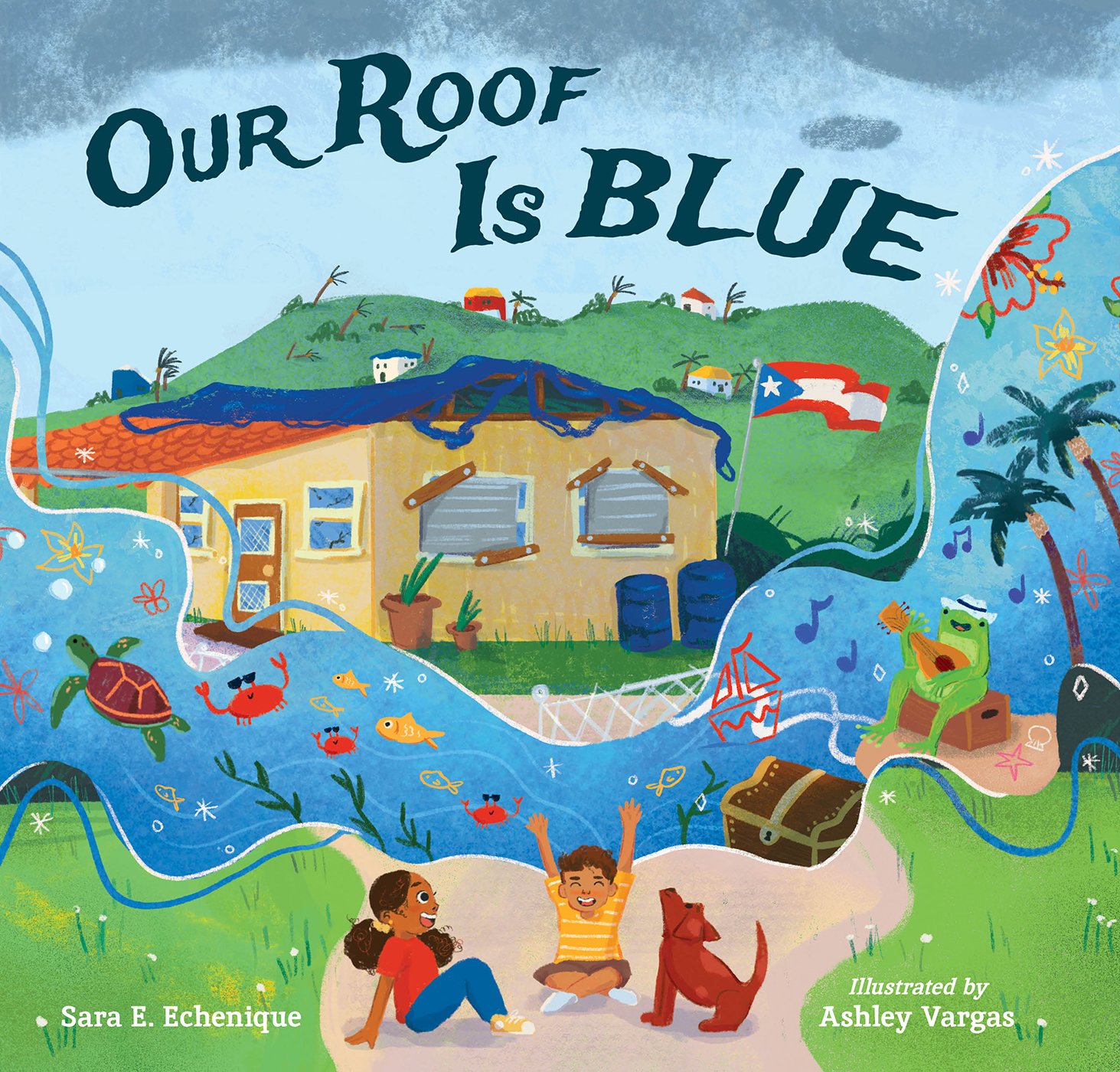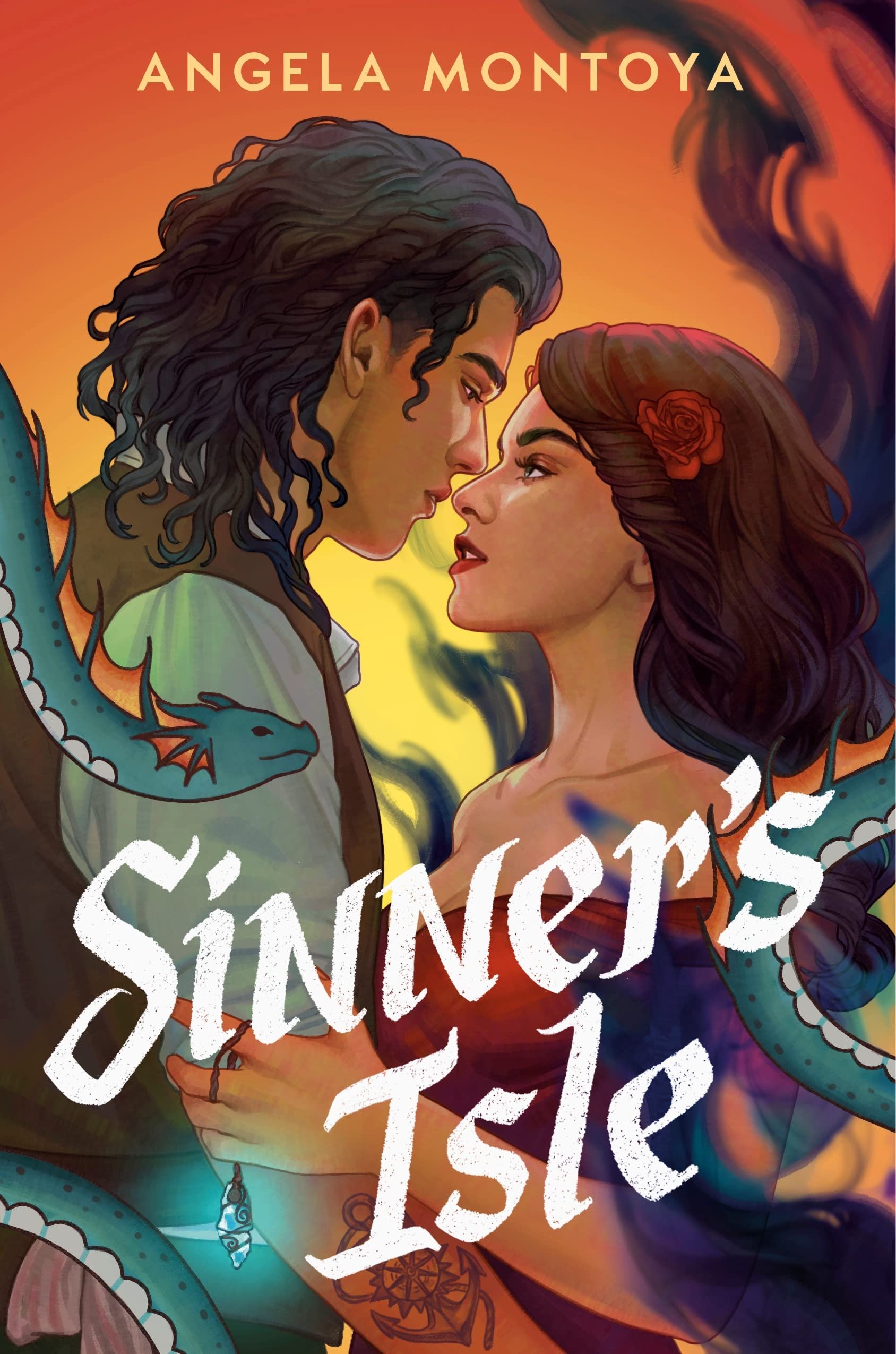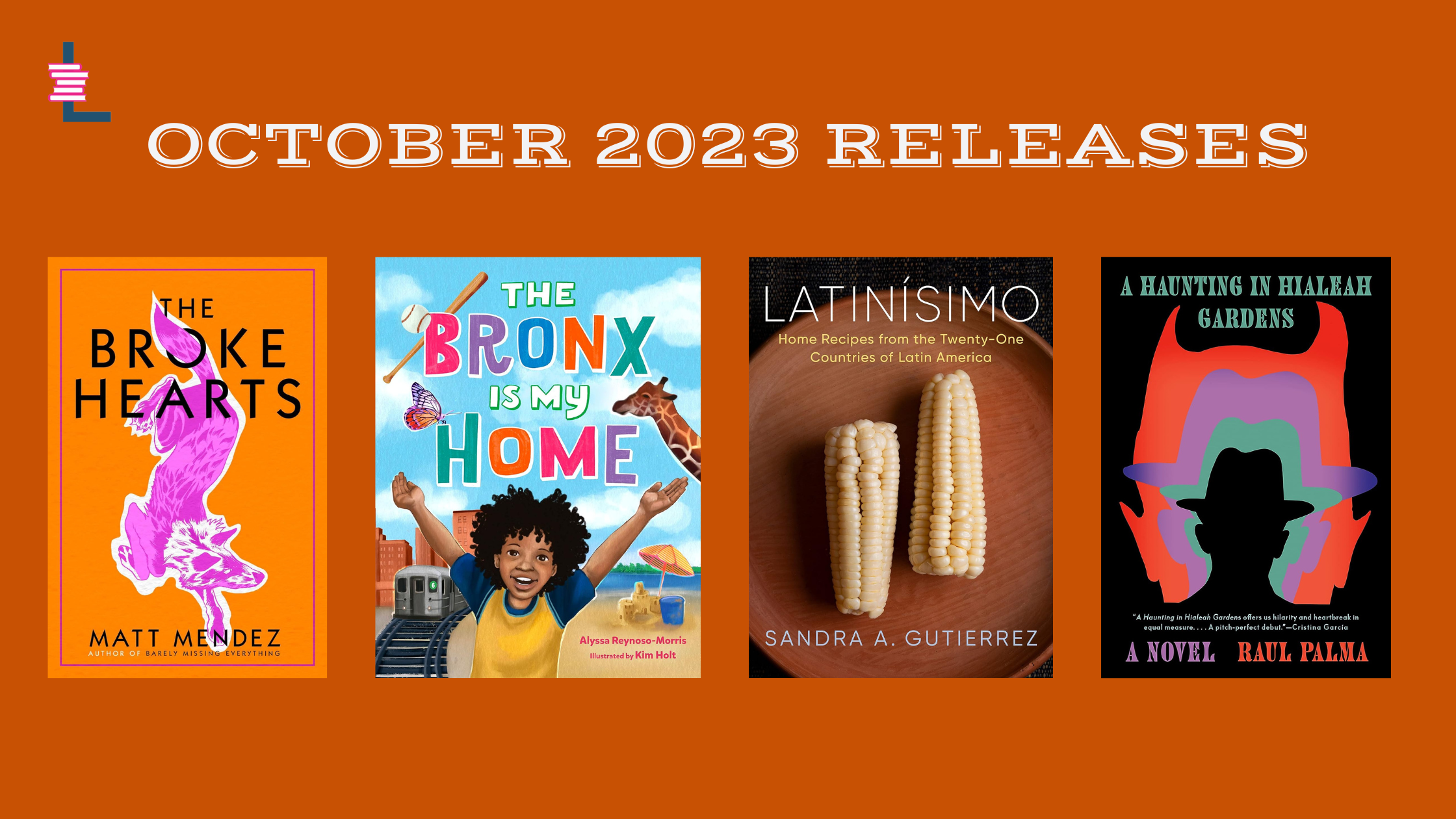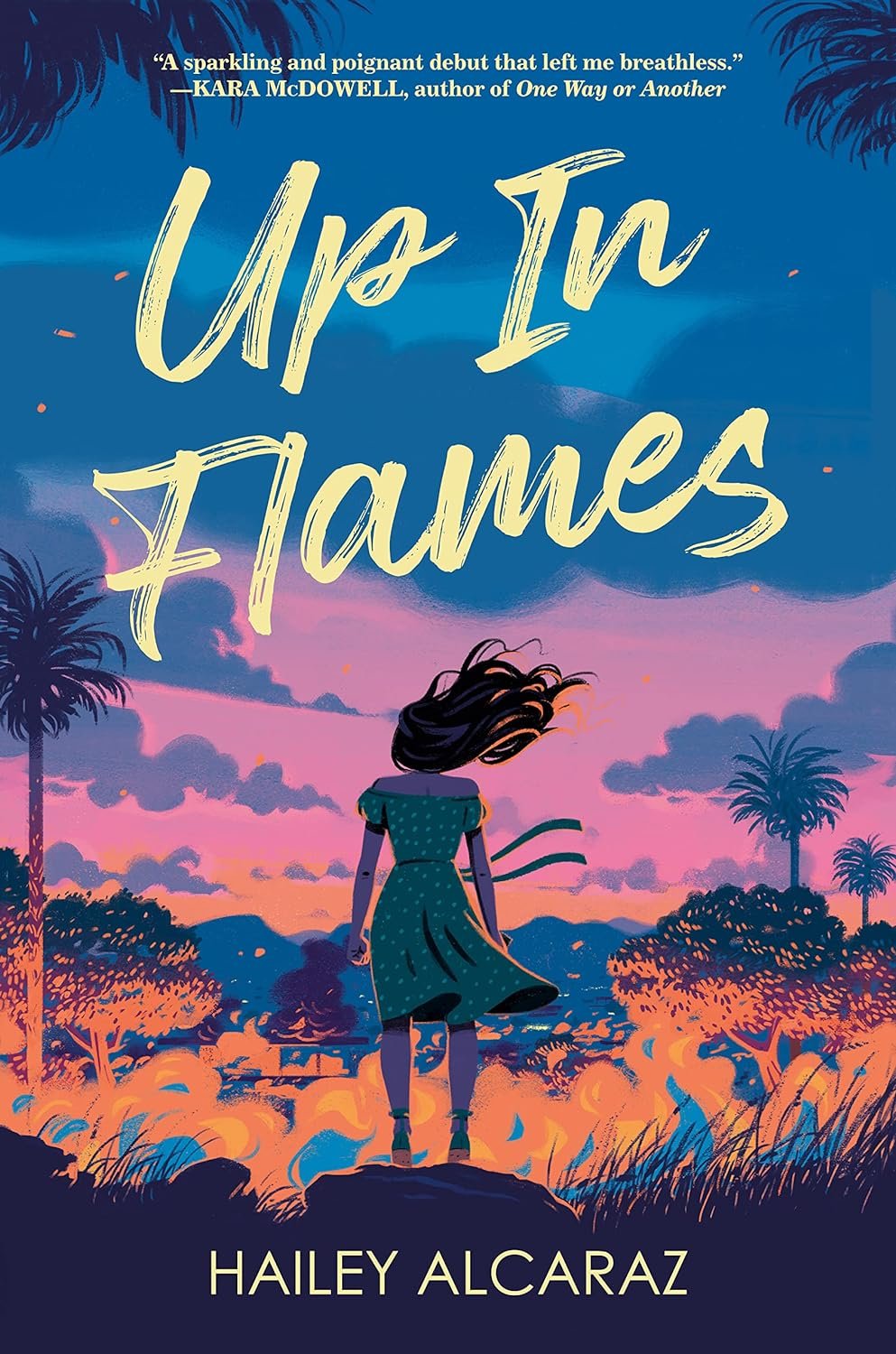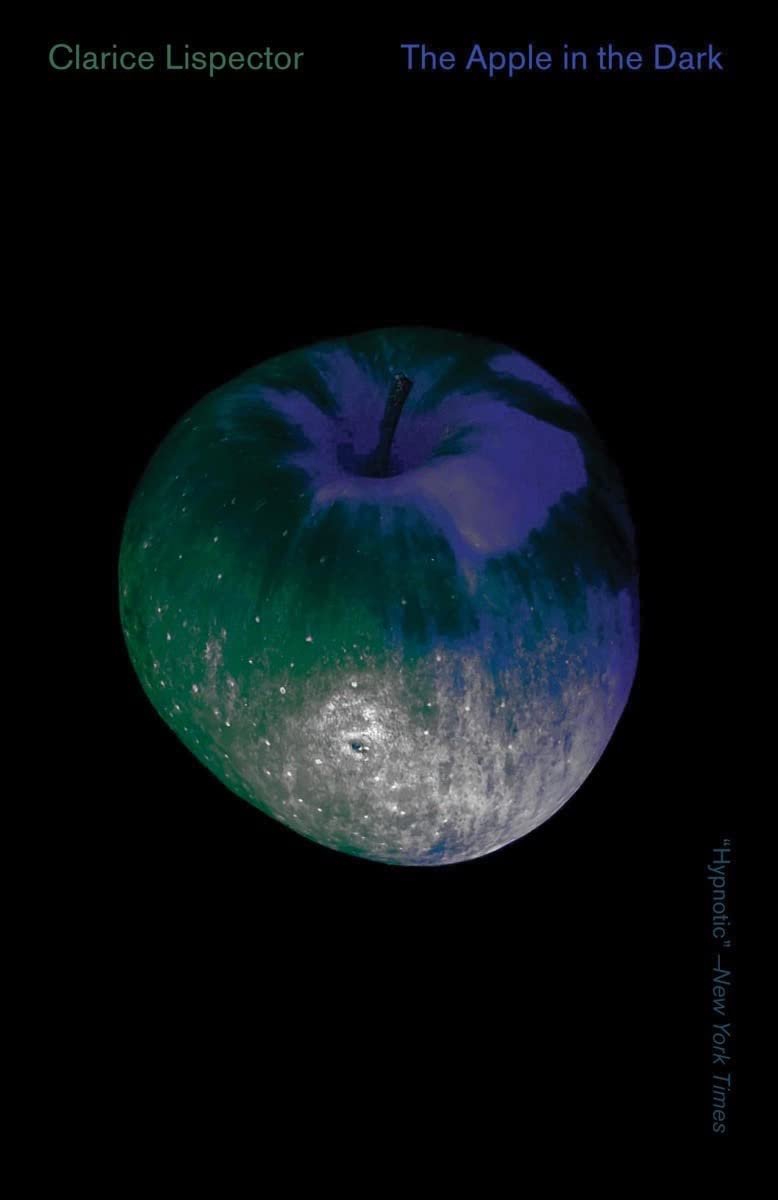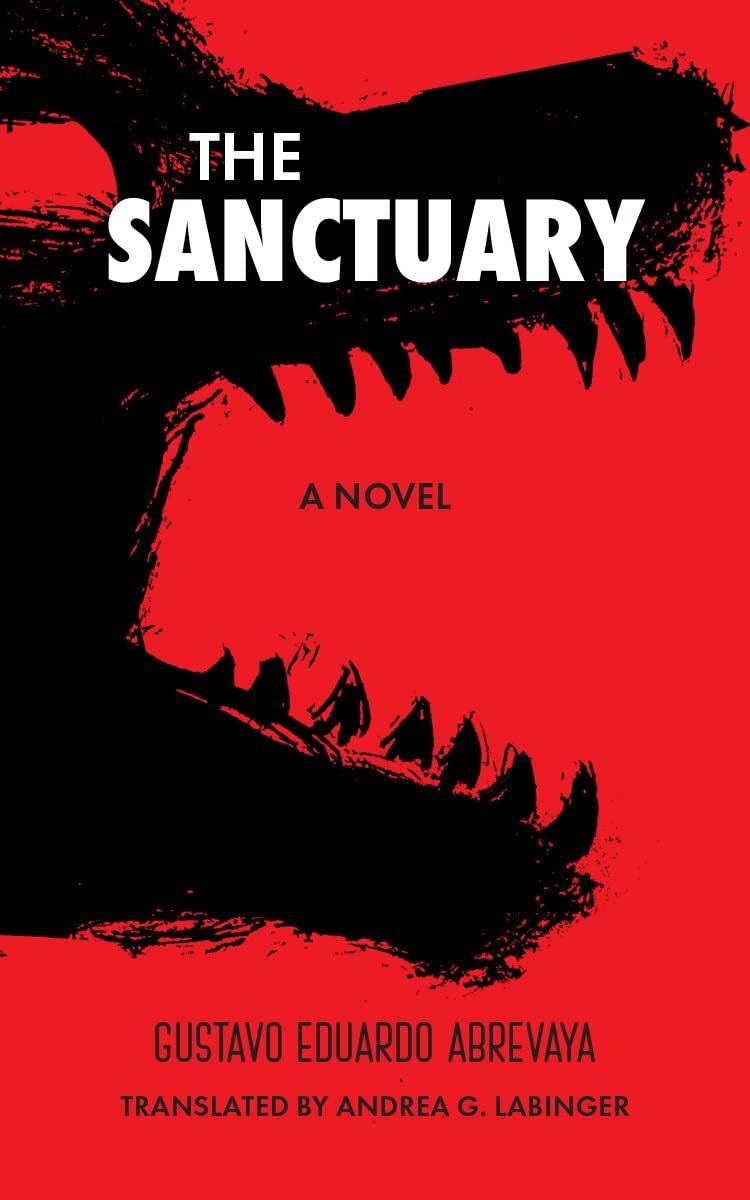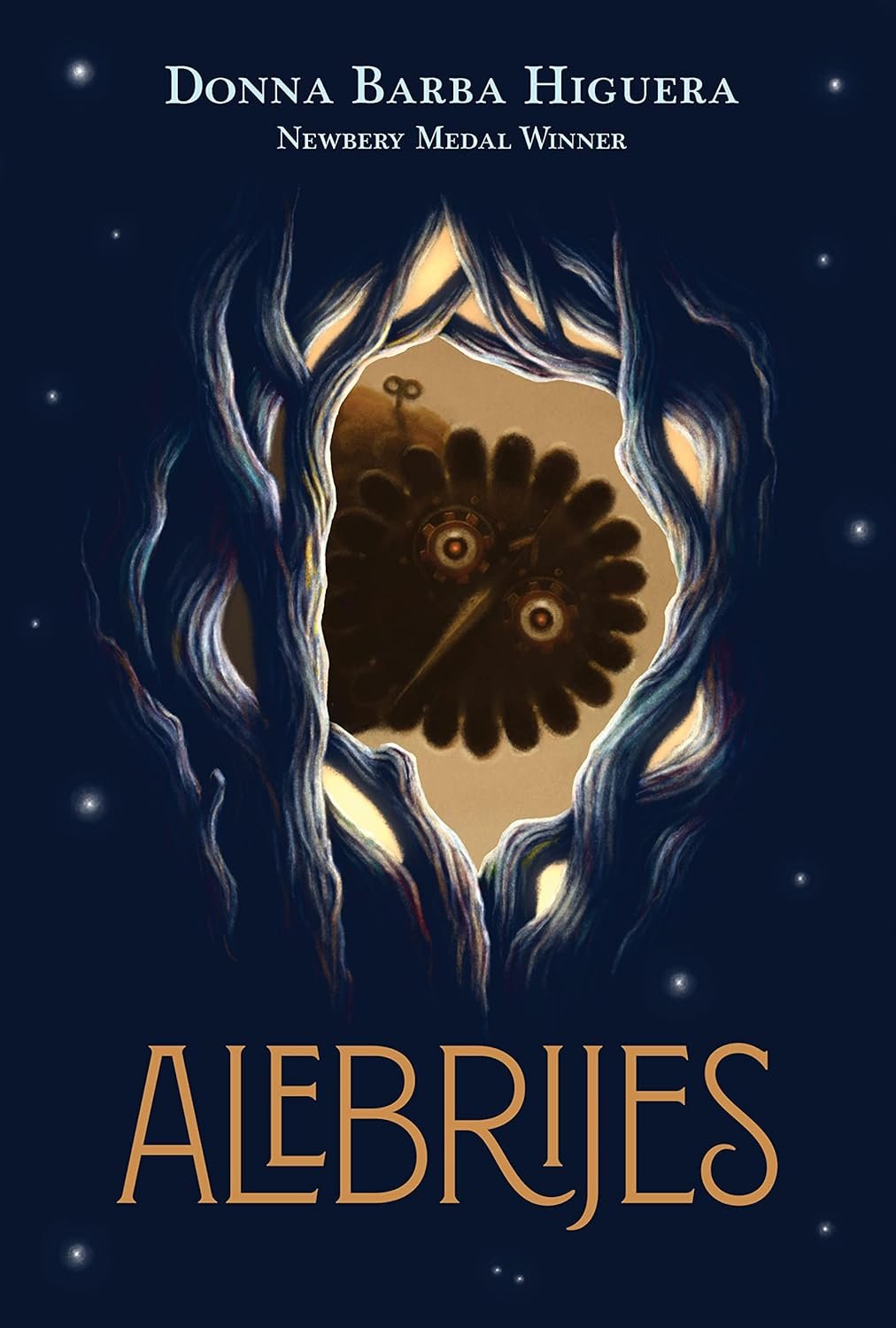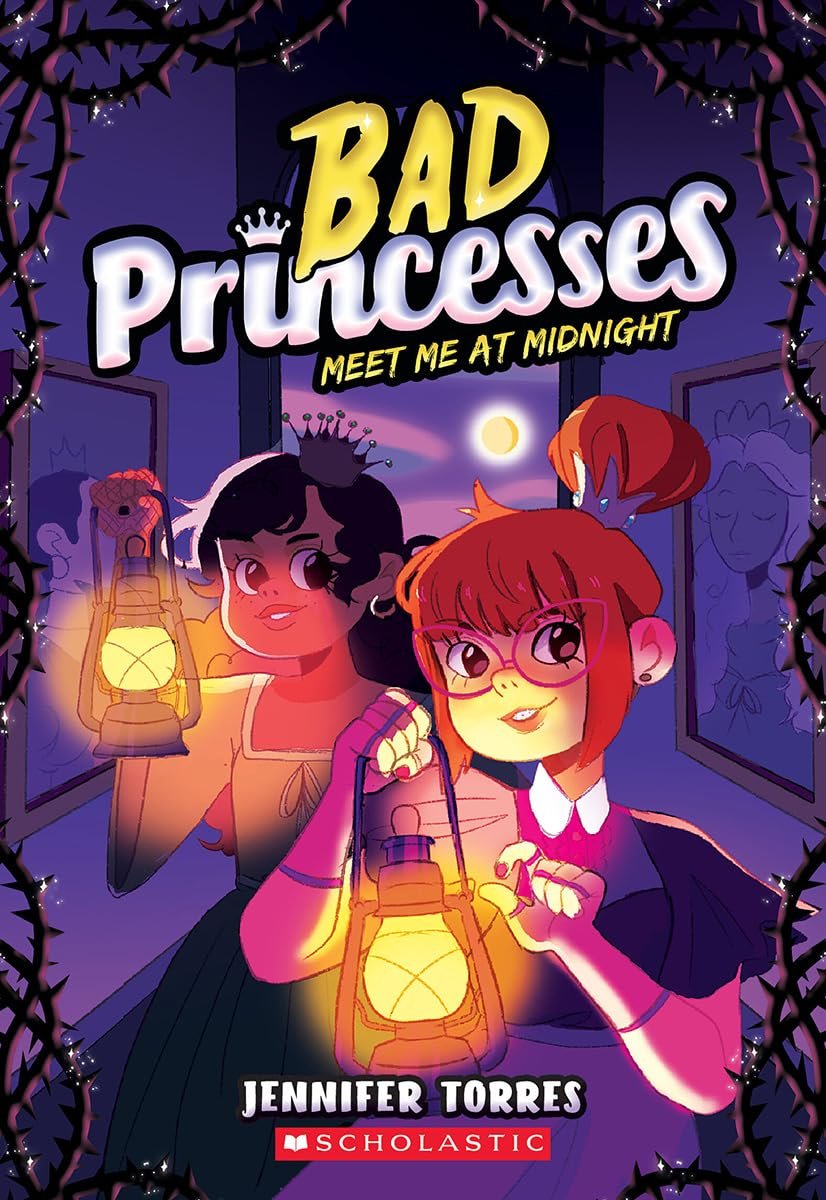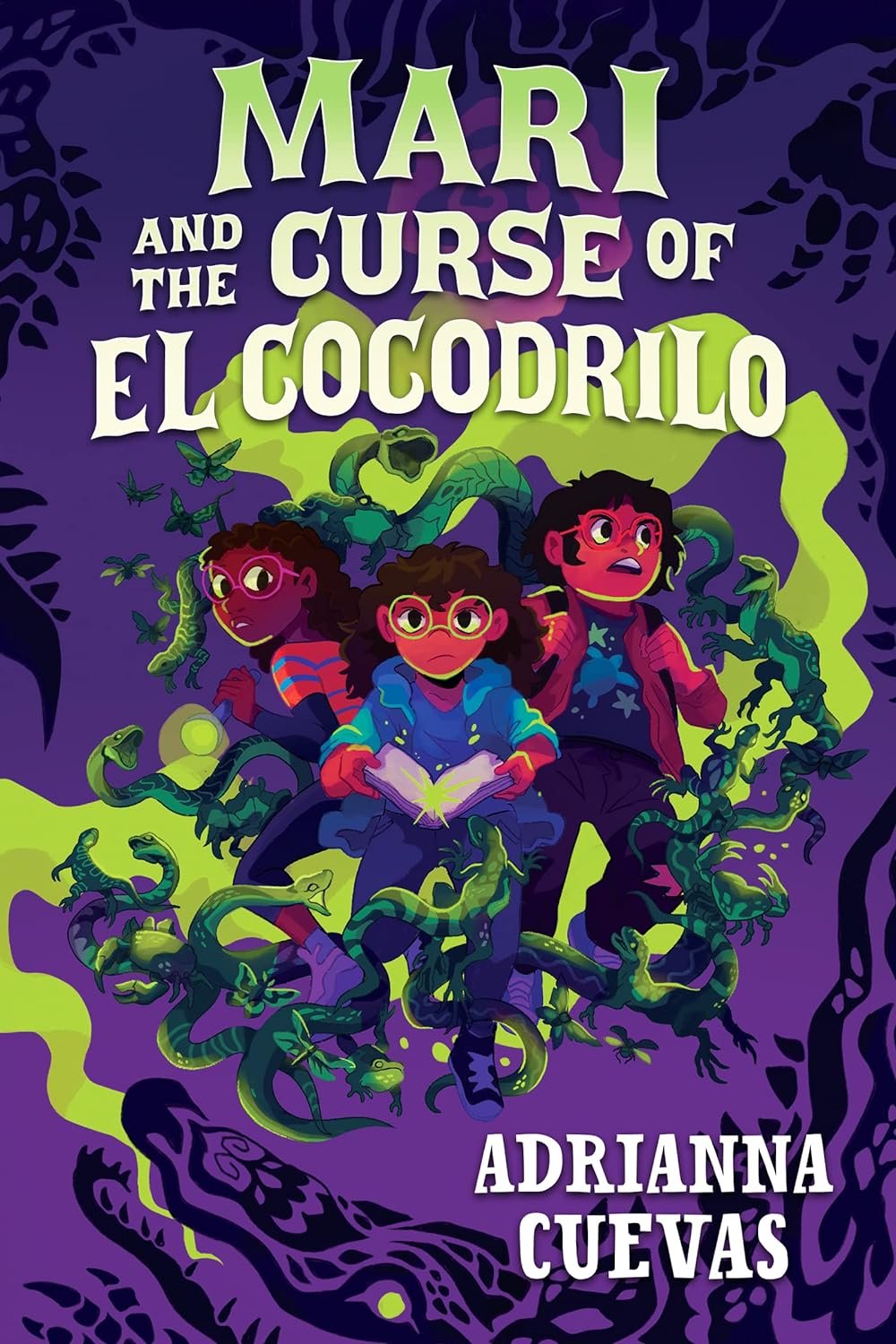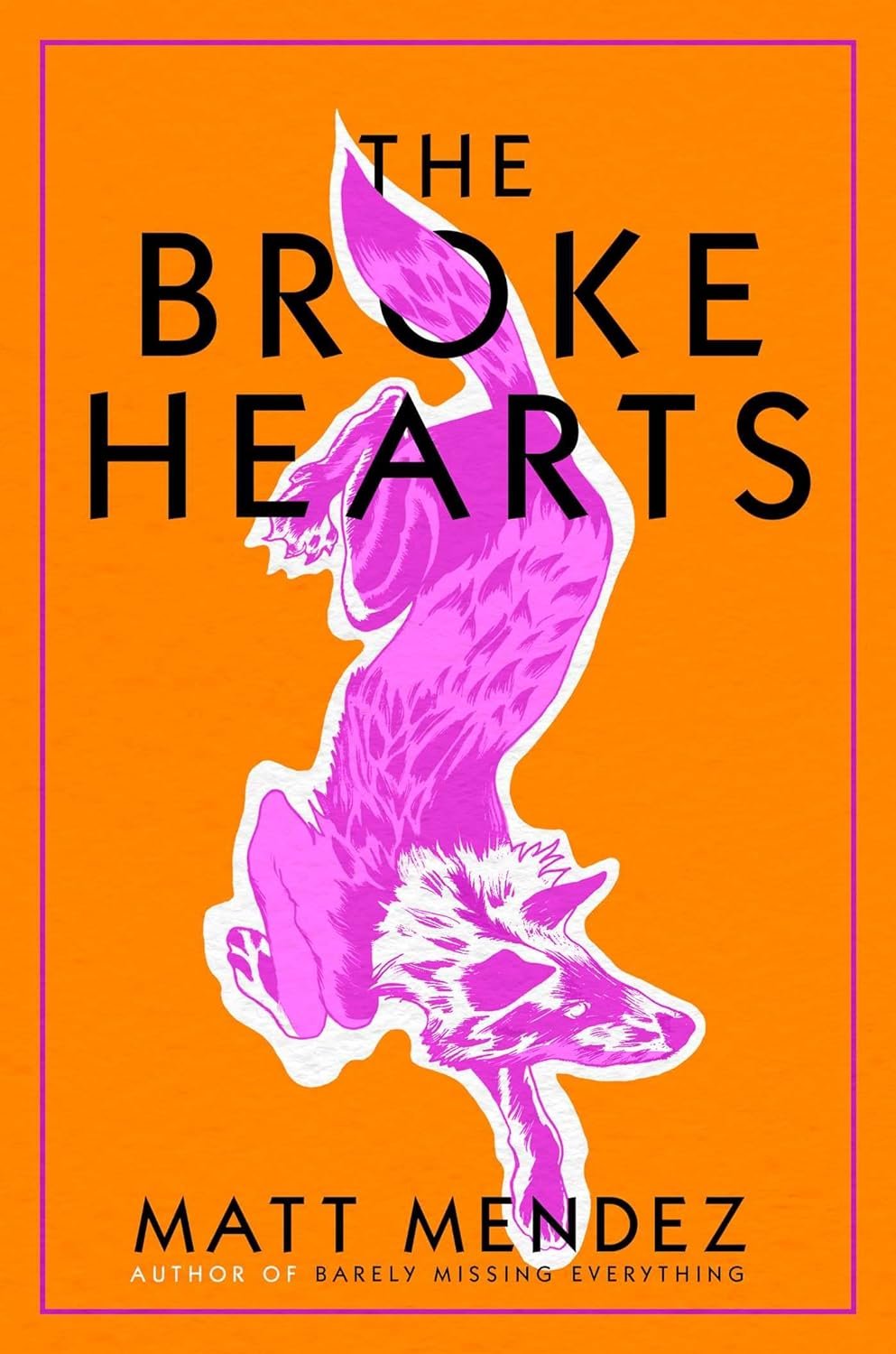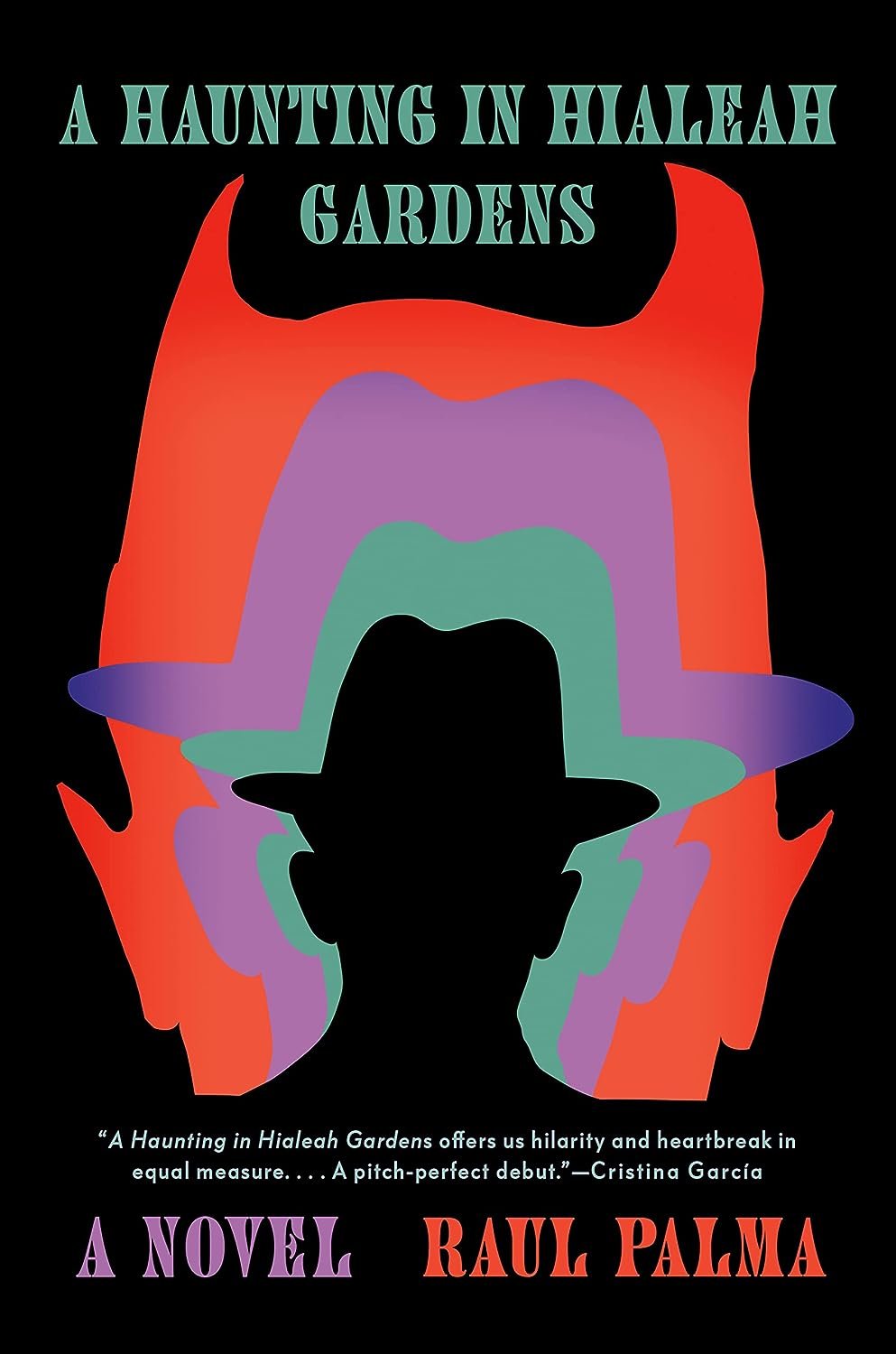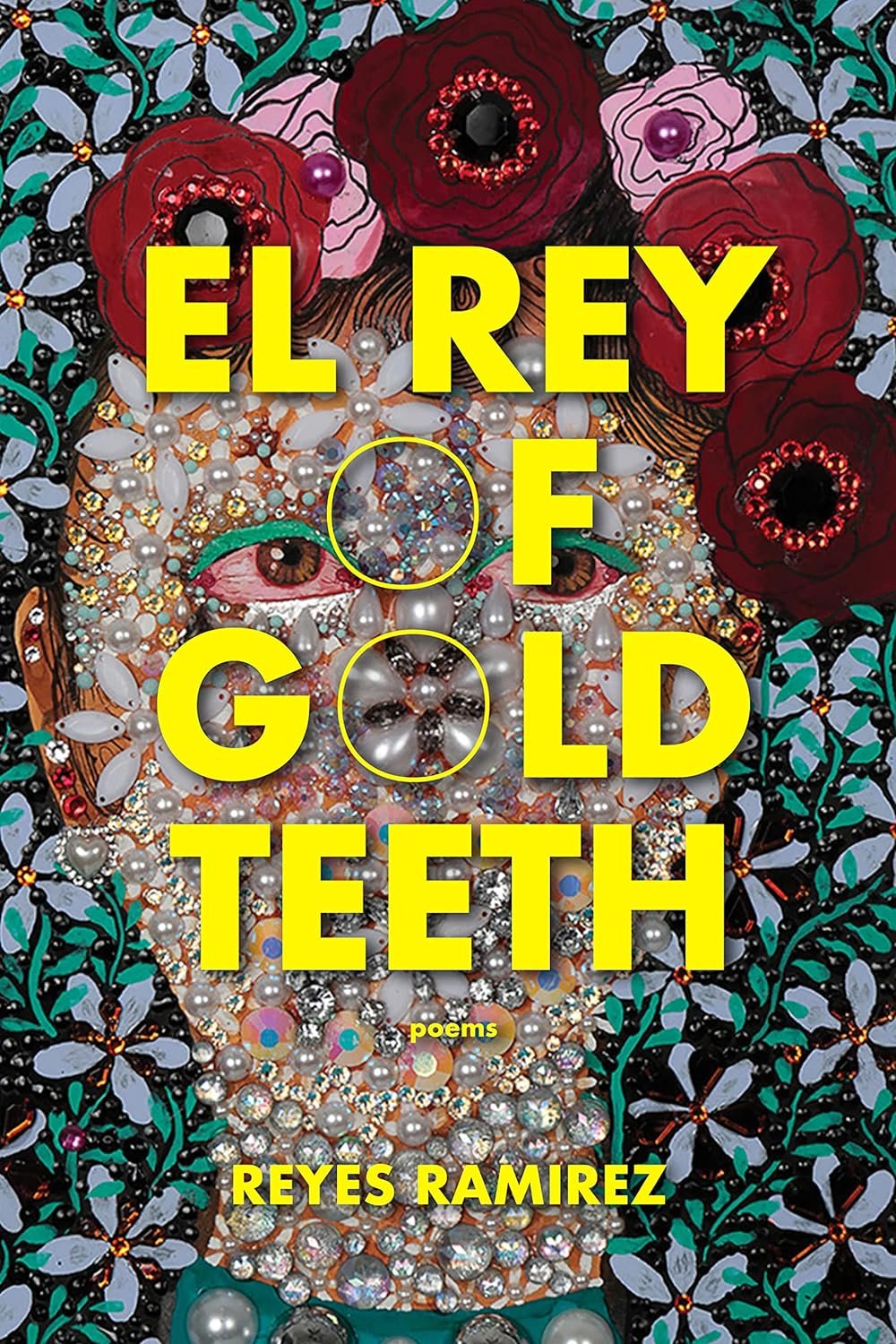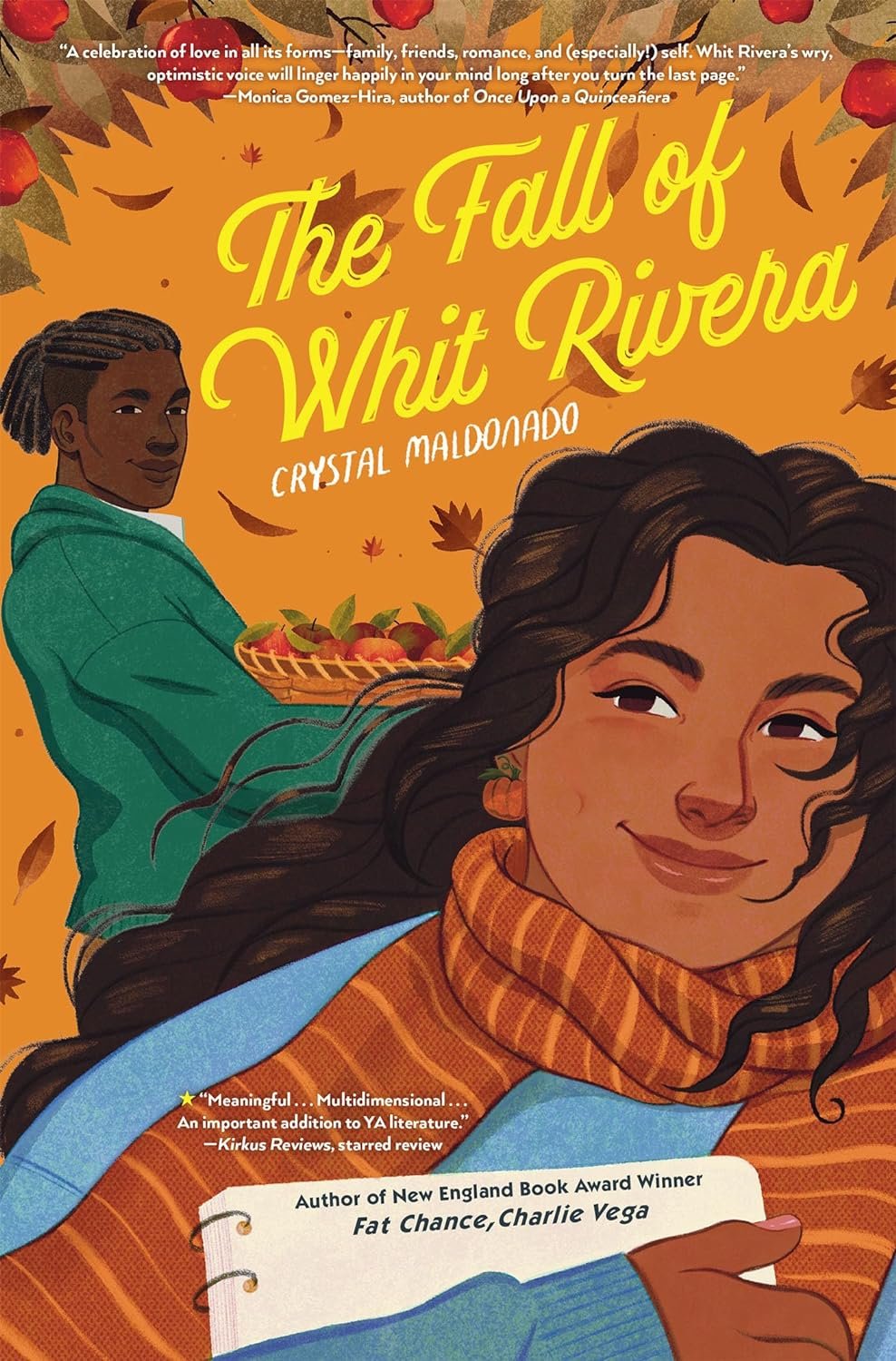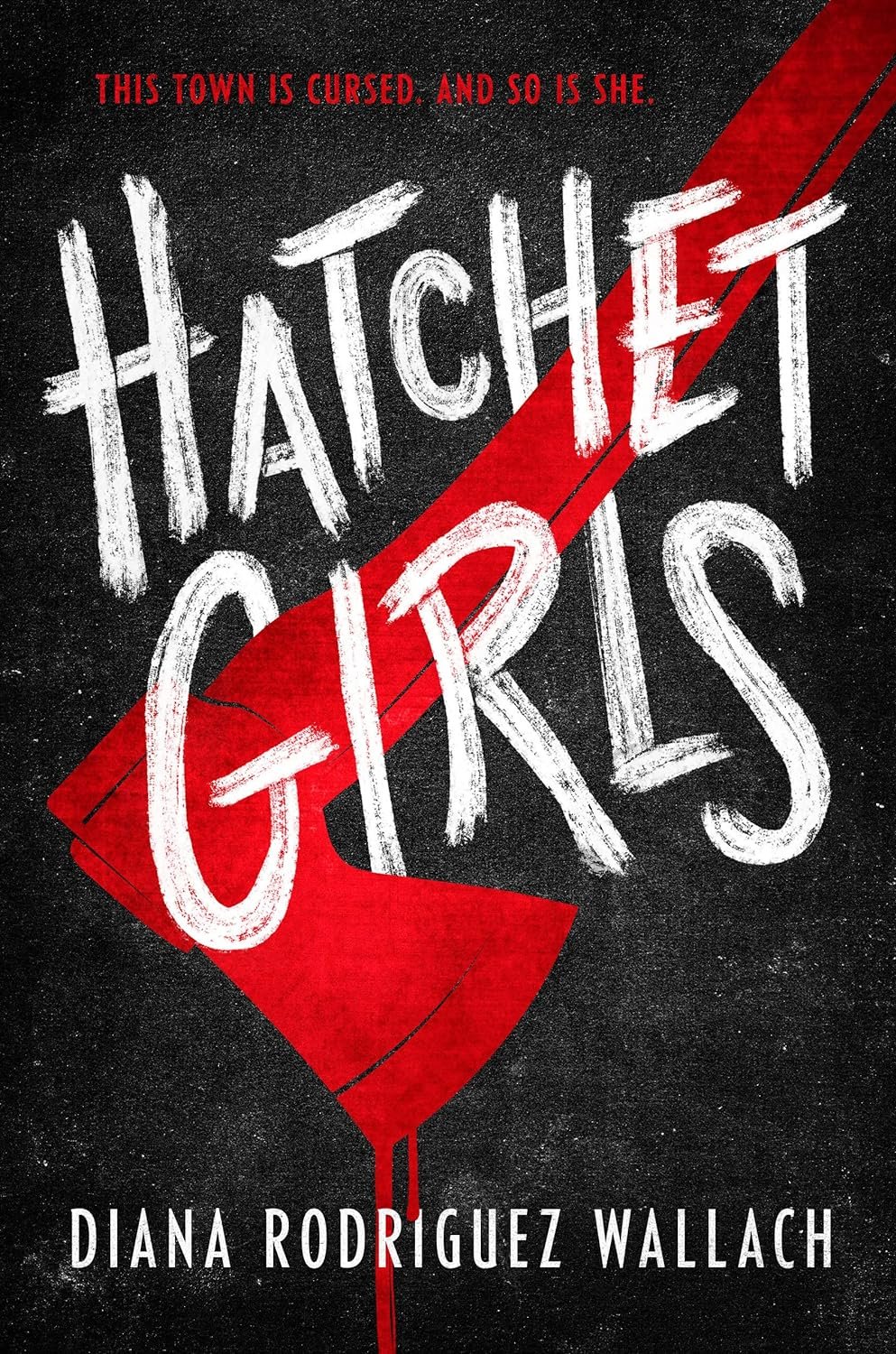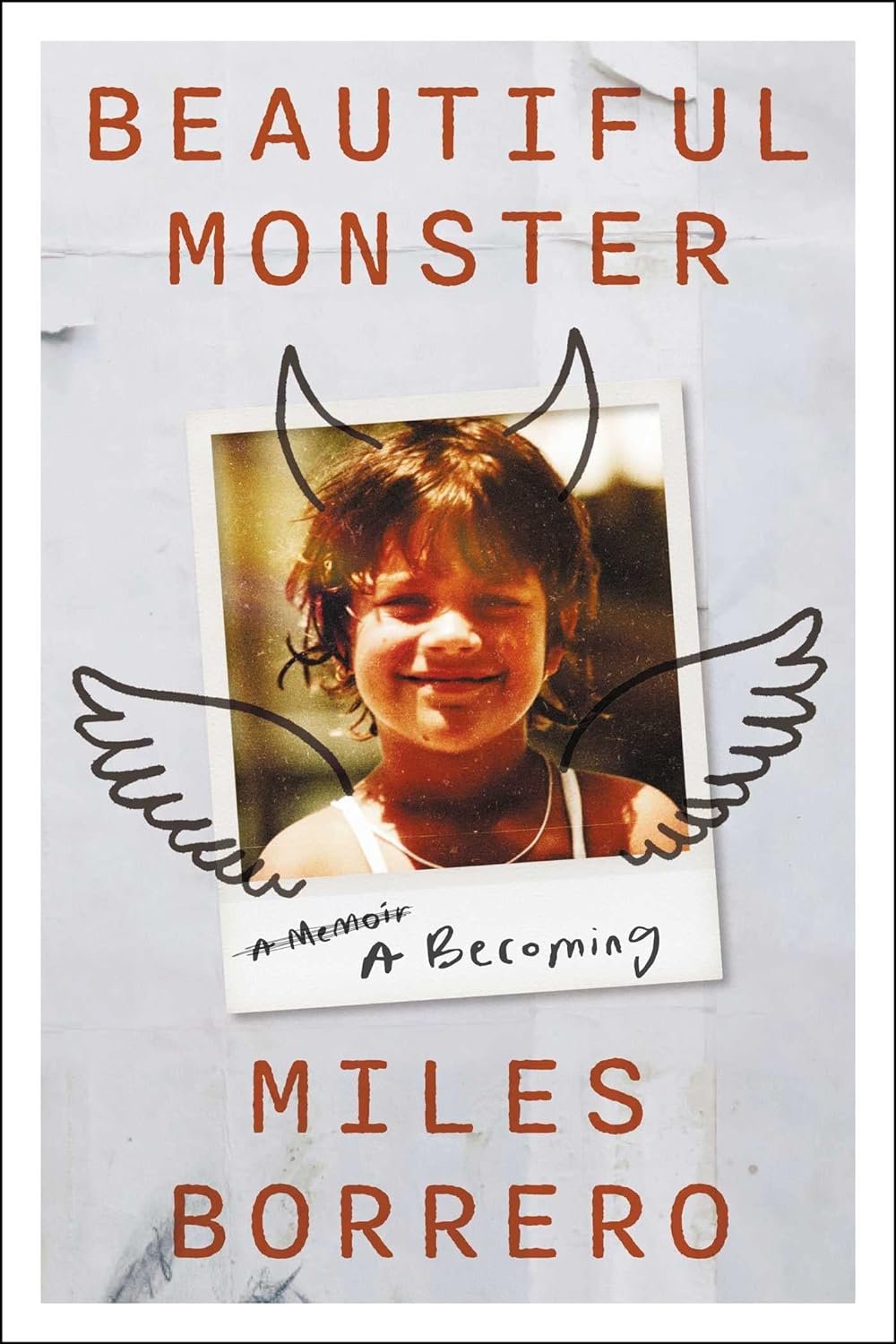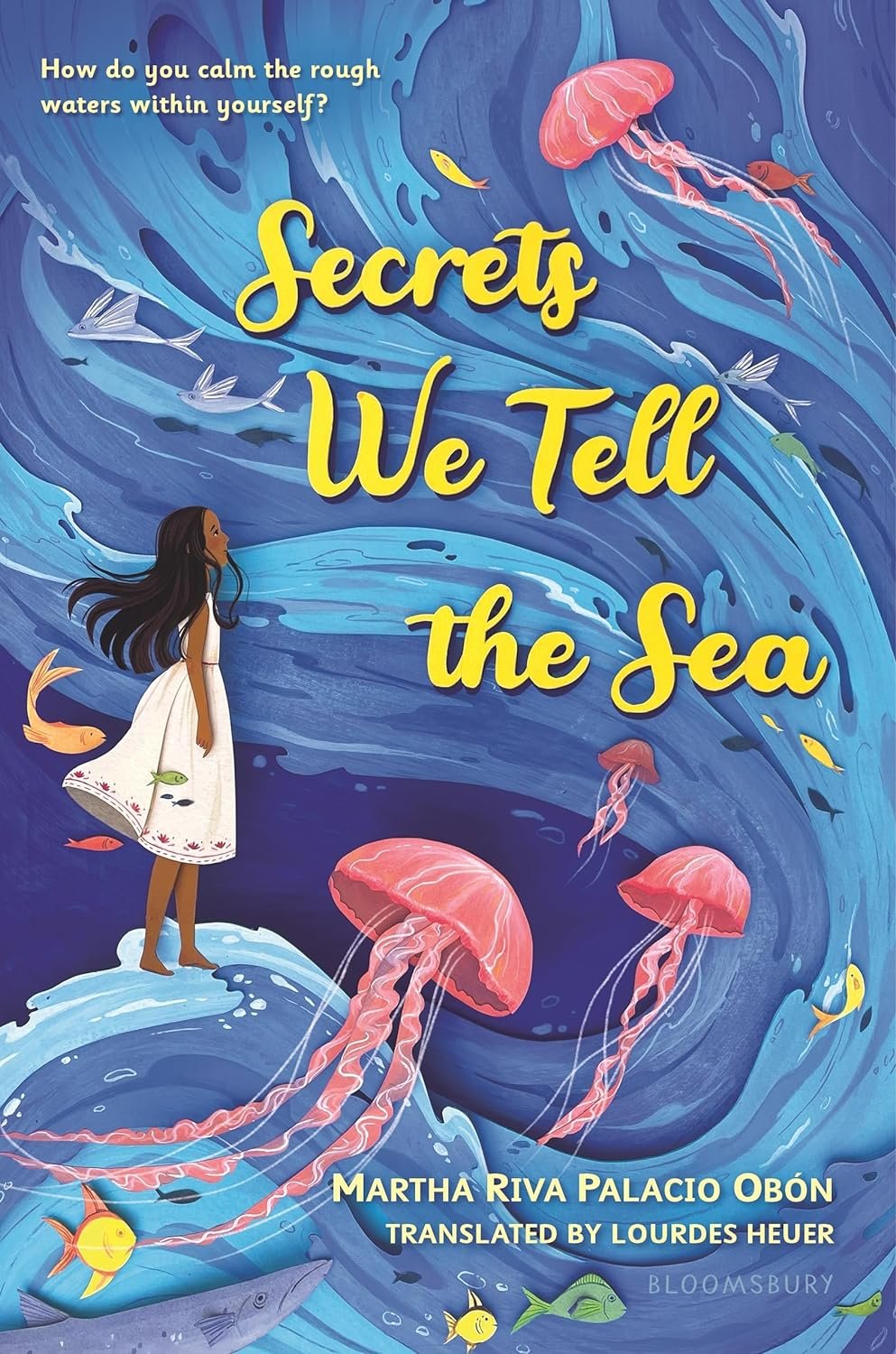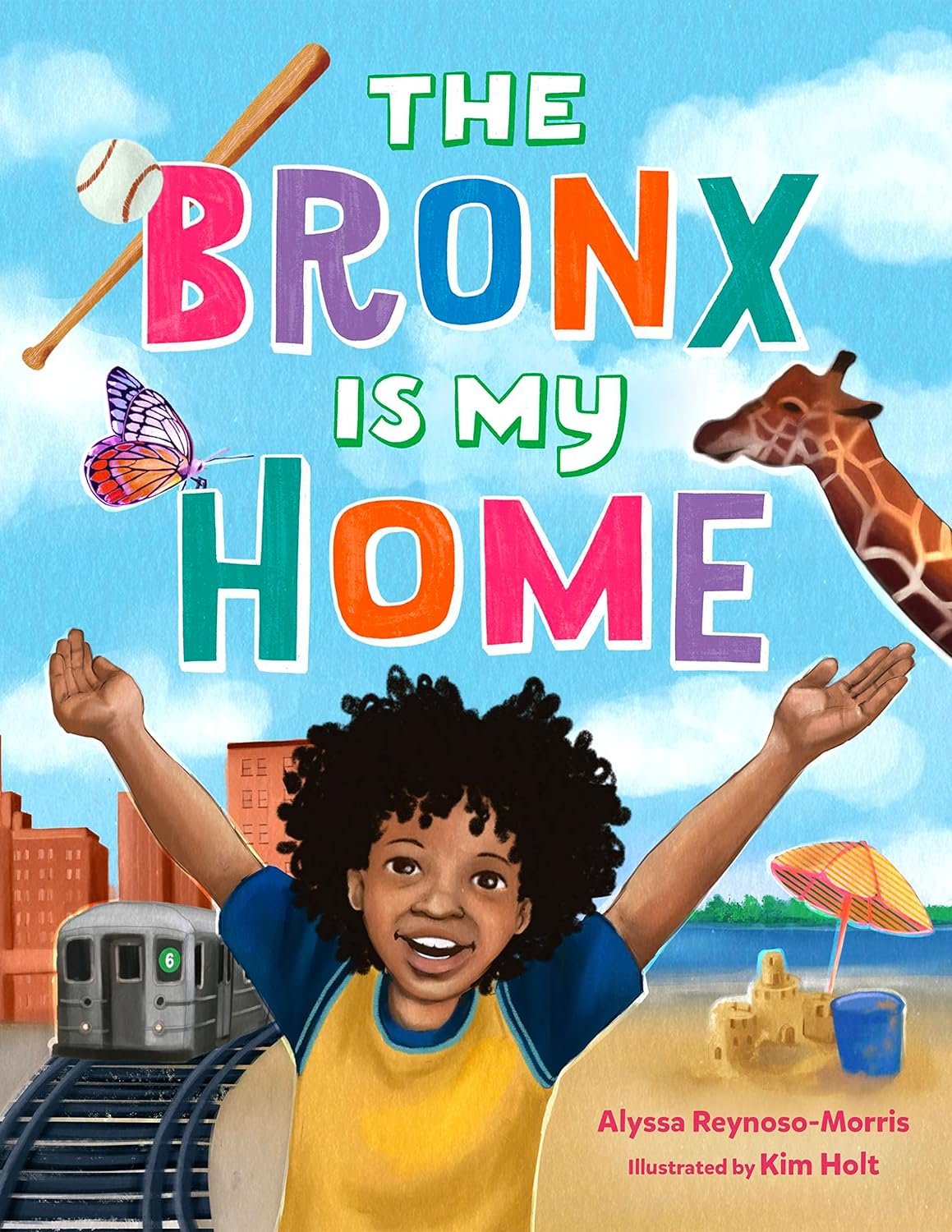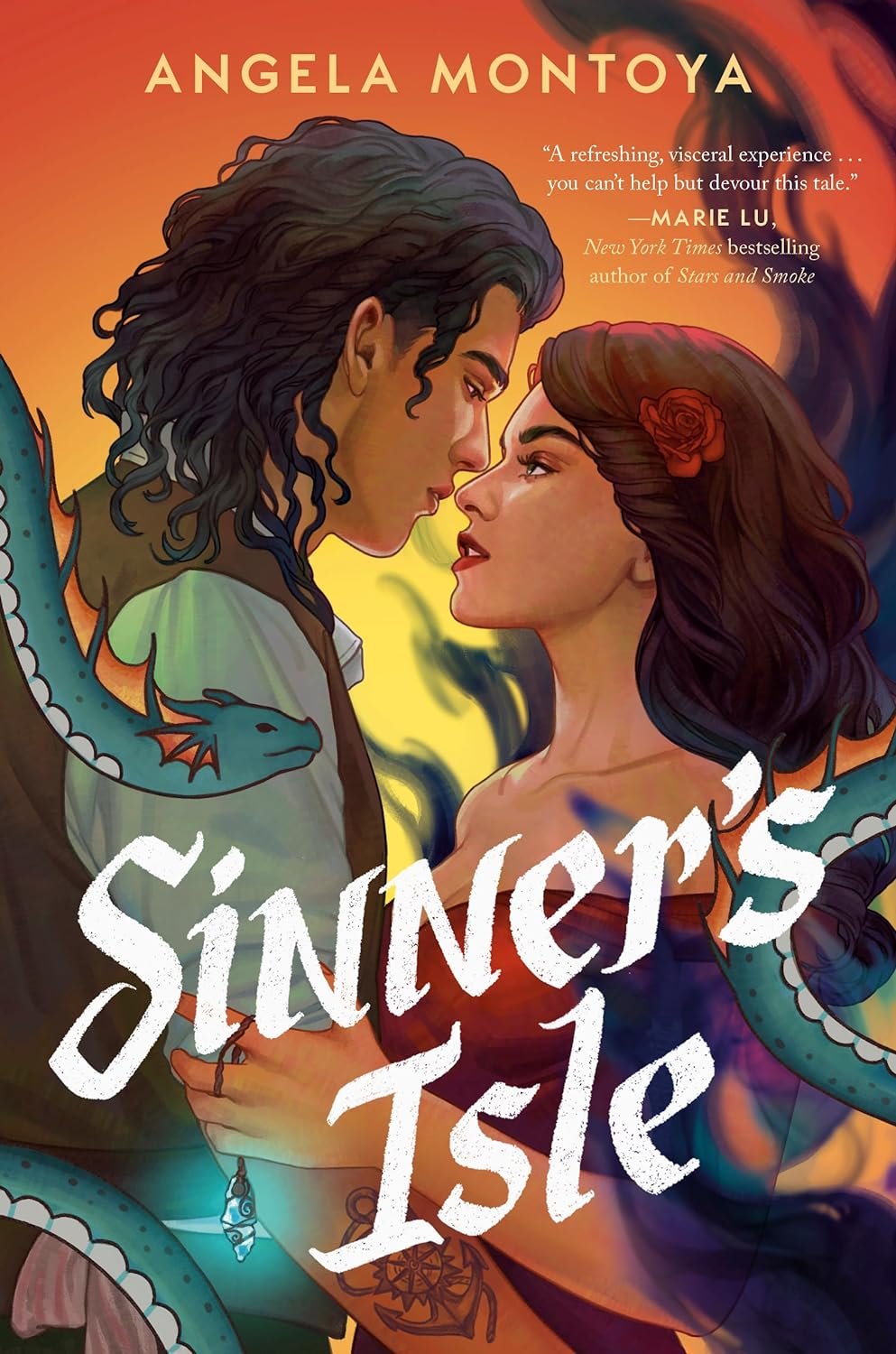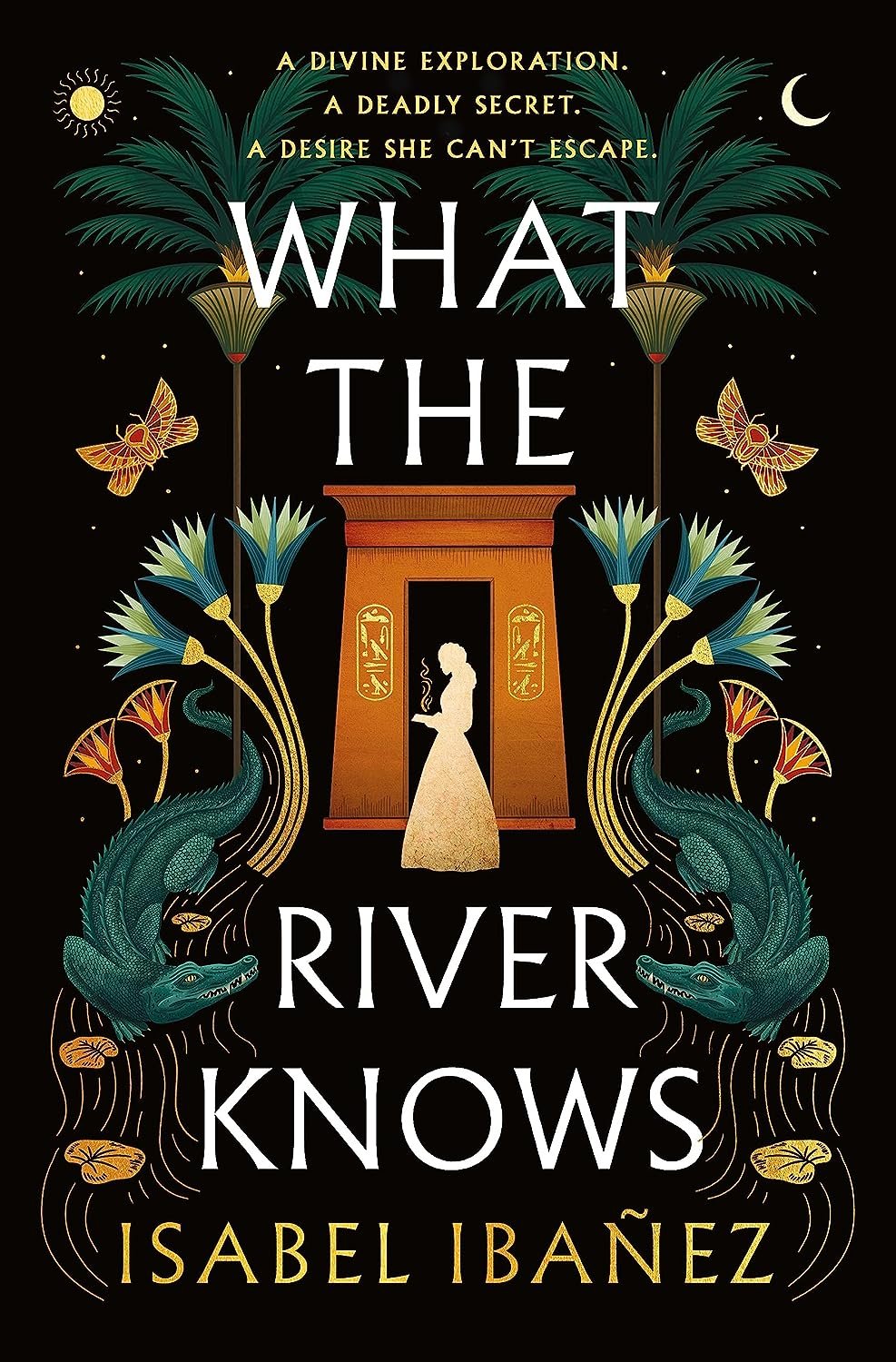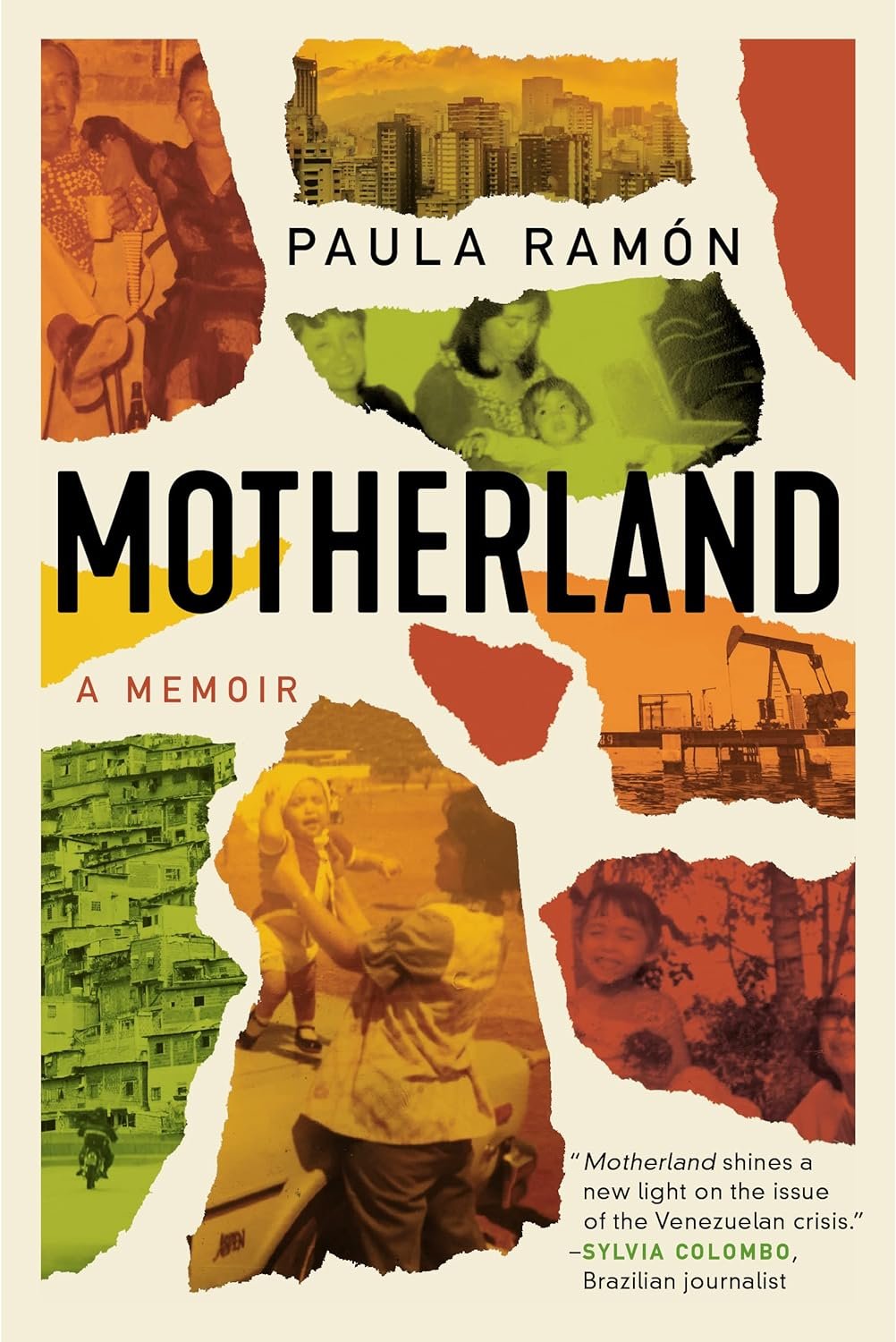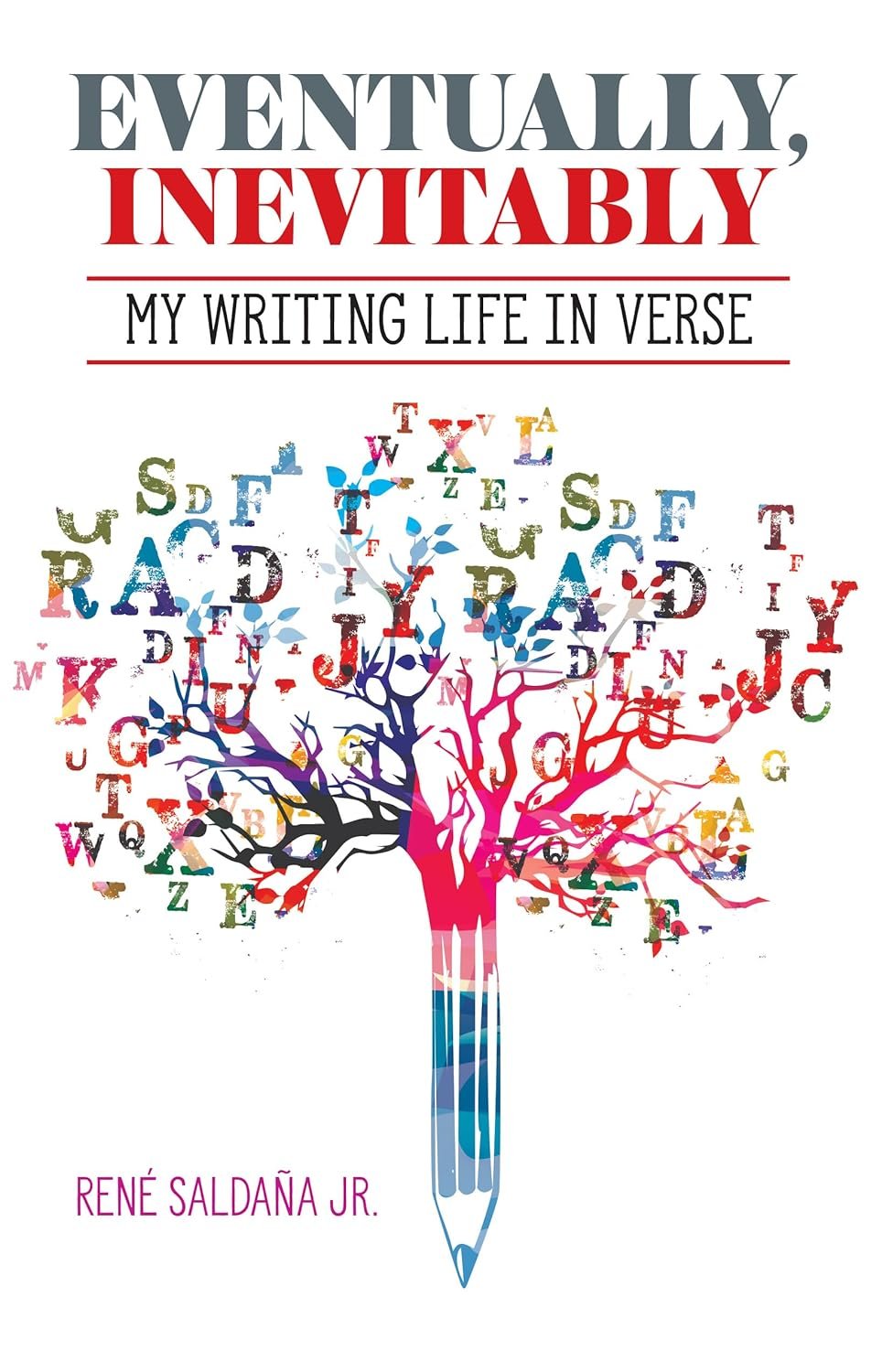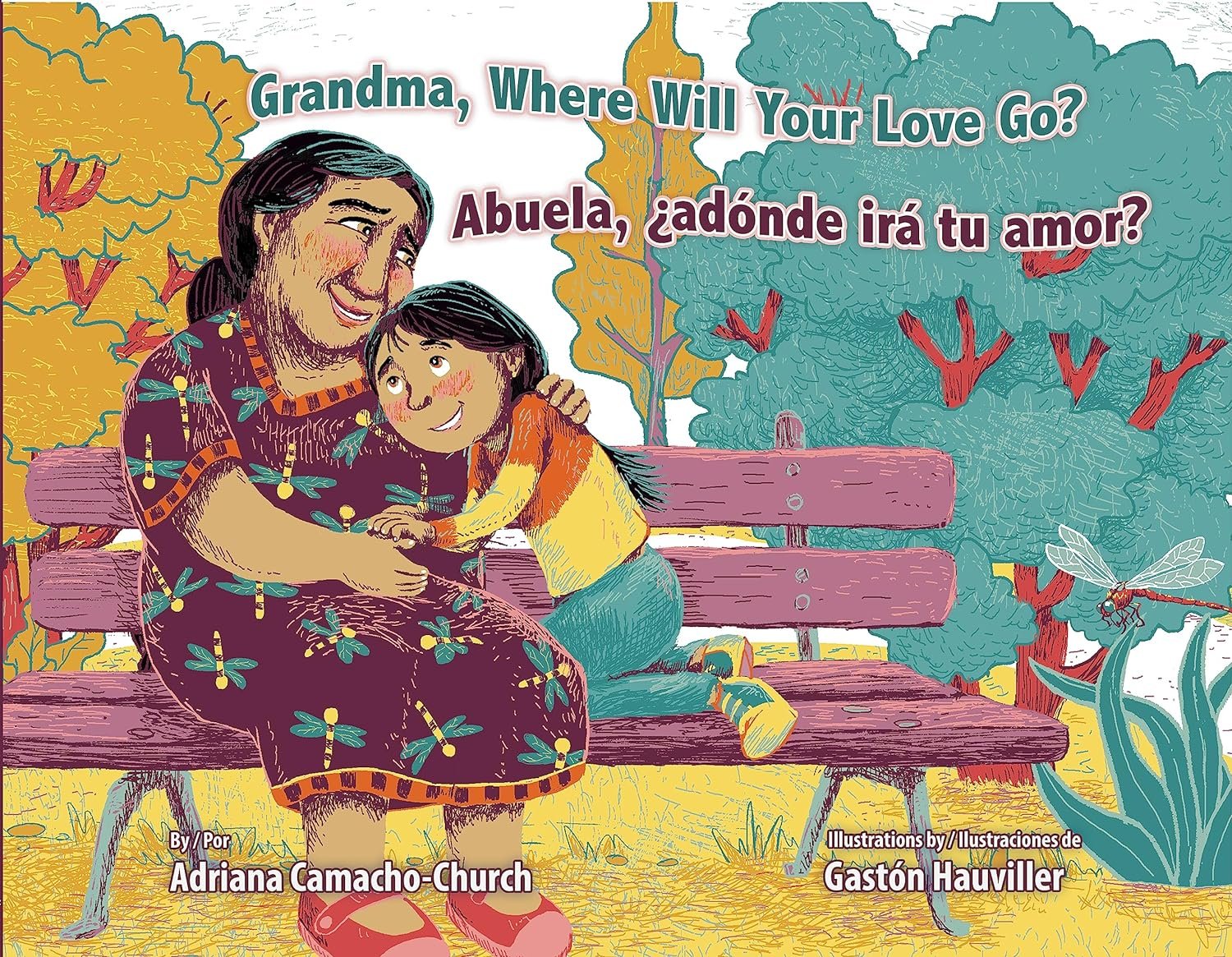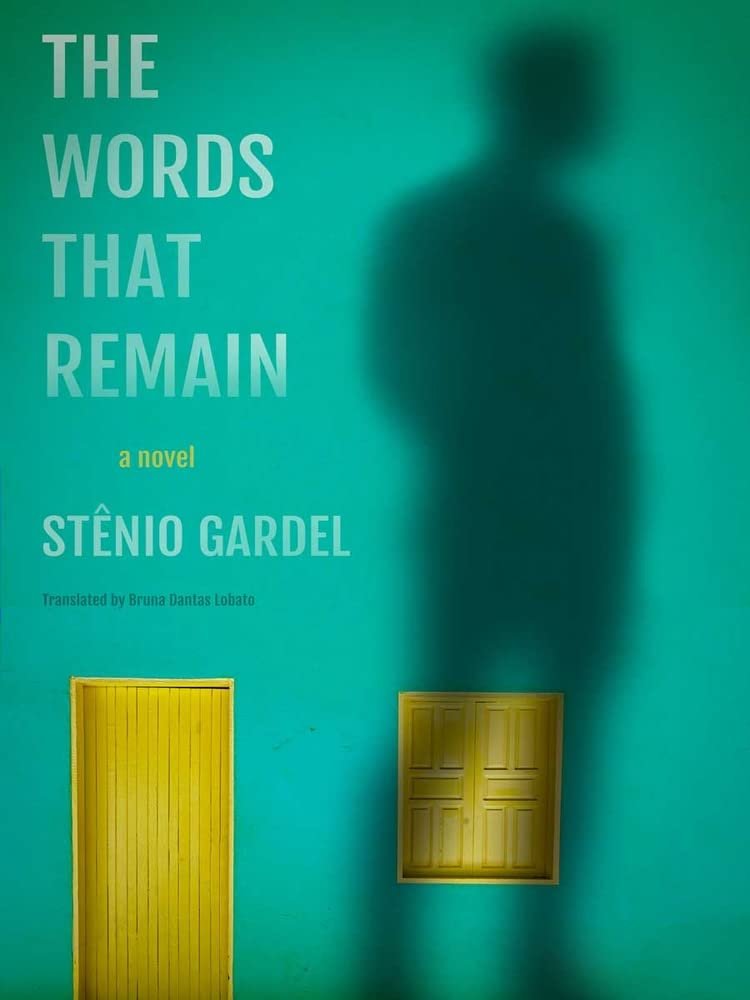Alana Quintana Albertson is known for having many talents. When she’s not rescuing dogs from high-kill shelters, through a rescue she founded, and being an alumna of prestigious universities, she’s writing romance and mystery books. On July 4, 2023, she graced her readers with a second book in the Love & Tacos series, Kiss Me, Mi Amor, published by Berkley Romance.
Kiss Me, Mi Amor follows the middle Montez brother, Enrique, as he attempts to partner with Carolina Flores, a female farm owner who refuses to give the heir of the Taco King empire the time of day. However, when the holidays arrive, she lies to her overbearing family that he is her boyfriend. On these pretend dates, Carolina begins to figure out that she doesn’t have to be the traditional daughter and woman that her parents, especially her father, want her to be. The feelings between Enrique and Carolina grow more intense and they begin to wonder what their fake dates look like for the future as the holidays, and maybe their growing romance, start coming to an end.
Carolina Flores is the owner of the Flores Family Farm and the daughter of farm workers. Although she’s the owner on paper, her father is the one who calls the shots in business and in family. In their traditional Mexican home, her father has rules about women that he implements onto his ten daughters—and Carolina is sick of it. She refuses to marry to avoid moving from one male-dominated household to the next. Carolina loves her independence and wishes to keep it that way. However, when she meets Enrique, she begins to push back against her father’s rules and her outlook on love. When her dad falls ill, she lies about Enrique being her boyfriend and begins to rebel. While enjoying her time with Enrique and opening up to new experiences, it causes major arguments with her parents. She does some soul-searching and finds solace in reconnecting with an aunt who was shunned for defying her father’s rules as well. Carolina has to make major decisions that will better suit her, her family, and Enrique.
Enrique Montez is the middle child of the Taco King empire. He wants to reassess the chain’s agricultural relationships and partner with ethical farms, and Carolina is exactly who he’s looking for. When he drives up to Santa Maria to meet her, he finds out that her sister set up the meeting without Carolina’s knowledge. She refuses to partner with the chain but this doesn’t deter him from finding her captivating in brains and beauty. He offers to play Joseph in the upcoming Las Posadas and this sets their fake dating in motion as Carolina lies about him being her new beau. Enrique has strong, opposing opinions about Señor Flores’ outlook on women and family, so he plays along with her lie if it means she can break free. At first, he never pictured himself settling down but after spending time with her, he begins to reconsider. Things come to a head when Carolina decides that she needs to figure out who she is outside of him and her father. Months go by with no contact until they reunite once more.
“Alana Quintana Albertson shows her flawless ease in “Kiss Me, Mi Amor” of creating a fake-dating, holiday romance . . . while highlighting important conversations such as agriculture, farm worker’s rights, and the patriarchal culture within a traditional Mexican family. ”
While Enrique and Carolina come from different backgrounds, they open each other up to new experiences. He showers her with a shopping spree, which includes new Louboutins, while she tells him what celebrating Nochebuena entails. Neither are afraid to have hard-hitting conversations with the other. Carolina has him work her field and he realizes that it’s going to take more than just words to evoke change with the unethical farms that the chain partners with. Enrique helps her realize that she’s allowed to have fun and let loose with their mini trip to Disneyland and a day trip to Carmel-by-the-Sea. The pair help the other see what their life can hold if they push against the odds and open their minds to change. Through these experiences, their growing feelings for each other blur the line between fake dating and real dating. As Alana effortlessly puts it, “But they shared one language that needed no translating. Amor.”
Alana Quintana Albertson shows her flawless ease in Kiss Me, Mi Amor of creating a fake-dating, holiday romance (where they have to share one bed!) while highlighting important conversations such as agriculture, farm worker’s rights, and the patriarchal culture within a traditional Mexican family. While the Love & Tacos series celebrates many aspects of Mexican culture, she doesn’t shy away from speaking on prominent issues that the community faces.
Alana Quintana Albertson has written thirty romance novels, rescued five hundred death-row shelter dogs, and danced one thousand rumbas. She lives in sunny San Diego with her husband, two sons, and too many pets. Most days, she can be found writing her next heart book in a beachfront café while sipping an oat-milk Mexican mocha or gardening with her children in their backyard orchard and snacking on a juicy blood orange.
Melissa Gonzalez (she/her) is a UCLA graduate with a major in American Literature & Culture and a minor in Chicana/o & Central American Studies. She loves boba, horror movies, and reading. You can spot her in the fiction, horror/mystery/thriller, and young adult sections of bookstores. Though she is short, she feels as tall as her TBR pile. You can find Melissa on her book Instagram: @floralchapters

